AI and machine learning (ML) technologies have revolutionized various industries by leveraging their ability to analyze large datasets, make intelligent predictions, and automate complex tasks. However, the increasing reliance on AI/ML has raised security concerns, highlighting the importance of implementing robust security measures. One crucial aspect of securing AI/ML applications is conducting thorough penetration testing specifically designed for AI/ML systems, commonly known as AI and ML Pentesting.
The Emergence of Cyber Threats Against AI/ML Applications
The widespread adoption of AI ML Cybersecurity has brought about significant advancements in various industries, enhancing productivity, decision-making processes, and overall operational capabilities. However, this rapid integration of AI/ML technologies has also given rise to a new array of cybersecurity challenges.
As the use of AI/ML applications continues to expand, they have become lucrative targets for malicious actors seeking to exploit vulnerabilities for purposes such as industrial espionage or geopolitical advantage. The intricate nature of AI/ML applications, a source of their strength, also makes them susceptible to sophisticated cyber-attacks.
The evolving landscape of cyber threats and the expanding attack surface has led to a surge in cyber-attacks targeting AI/ML applications. Attackers are continually developing new techniques to manipulate input data and deceive machine learning algorithms, leading to inaccurate predictions and potentially harmful outcomes.
Additionally, the security and privacy of the large datasets used by AI applications have become critical concerns. The interconnected nature of AI applications, combined with the proliferation of devices through the Internet of Things (IoT), has expanded the attack surface, providing attackers with new entry points to exploit.
As organizations strive to harness the benefits of AI, it is imperative to adopt a proactive and comprehensive approach to security, including robust AI/ML penetration testing services, continuous monitoring, and the implementation of advanced security measures tailored to the unique challenges posed by AI/ML applications.
Cyber Threats in AI/ML Security Testing
AI and machine learning (ML) technologies are revolutionizing various sectors, from healthcare to banking, by enabling advanced capabilities such as self-driving cars and customer service. However, their increasing use introduces new security vulnerabilities, including:
- Data Security: Protecting sensitive data sets, such as credit card numbers, from malware attacks is crucial. Regular AI/ML security testing assessments throughout the data lifecycle are essential to address privacy and security issues.
- Data Tampering: The threat of data manipulation, theft, and disclosure is heightened in AI/ML applications that rely on large datasets. Ensuring the integrity of data inputs is critical to maintaining the reliability of AI algorithms and ML apps.
- Model Poisoning: Adversarial attacks aimed at altering the results of machine learning models pose a significant threat. Strict access management policies can help prevent unauthorized tampering with model inputs.
- AI-powered Attacks: Cybercriminals are increasingly using AI to plan and execute attacks, making it challenging for traditional security measures to keep up. Defending against these attacks requires constant vigilance and the use of advanced AI/ML penetration testing services.
- Mass Adoption: As AI/ML applications become more widespread, hackers will continue to develop new methods to exploit them. Employing strong coding practices, testing methodologies, and regular updates is crucial to safeguarding against AI-related security risks.
In conclusion, AI and ML in cyber security require a multi-faceted approach encompassing robust security measures, regular testing, and a thorough understanding of the evolving threat landscape.
Are you a business facing some of these major issues in your AI/ML applications? Don’t worry, we are here for you! Schedule a FREE call with expert cybersecurity consultants and secure your application today!
Talk to our Cybersecurity Expert to discuss your specific needs and how we can help your business.
The Importance of AI/ML Pentesting
AI/ML Penetration testing, also referred to as AI/ML pentesting, is a proactive cybersecurity measure aimed at identifying vulnerabilities in applications, networks, or systems. When it comes to AI/ML applications, penetration testing is crucial for ensuring the robust security of these complex systems. It involves simulating attacks on an AI/ML application to uncover potential weaknesses that malicious actors could exploit.
This regulated and ethical practice involves cybersecurity experts, often known as ethical hackers or penetration testers, who simulate the actions of attackers to assess the application’s resilience and pinpoint security issues. The primary objective of AI penetration testing strategies is to identify and address vulnerabilities that could compromise the confidentiality, integrity, or availability of data and models.
Furthermore, AI/ML Security Testing goes beyond traditional security testing methods to account for the unique characteristics and complexities of AI/ML applications. These tests aim to ensure that AI algorithms and machine learning models are not only effective but also secure against potential threats and attacks. By proactively identifying and mitigating vulnerabilities, organizations can enhance the overall security posture of their AI/ML applications and minimize the risk of exploitation by malicious actors.
Top AI/ML Penetration Testing Companies:
Businesses are now evolving towards Artificial intelligence, and cyber security plays a crucial role. AI cybersecurity companies help these firms prevent cyber attacks by analyzing data. Here are the top AI ML Cybersecurity Companies to watch out for in 2024:
Qualysec
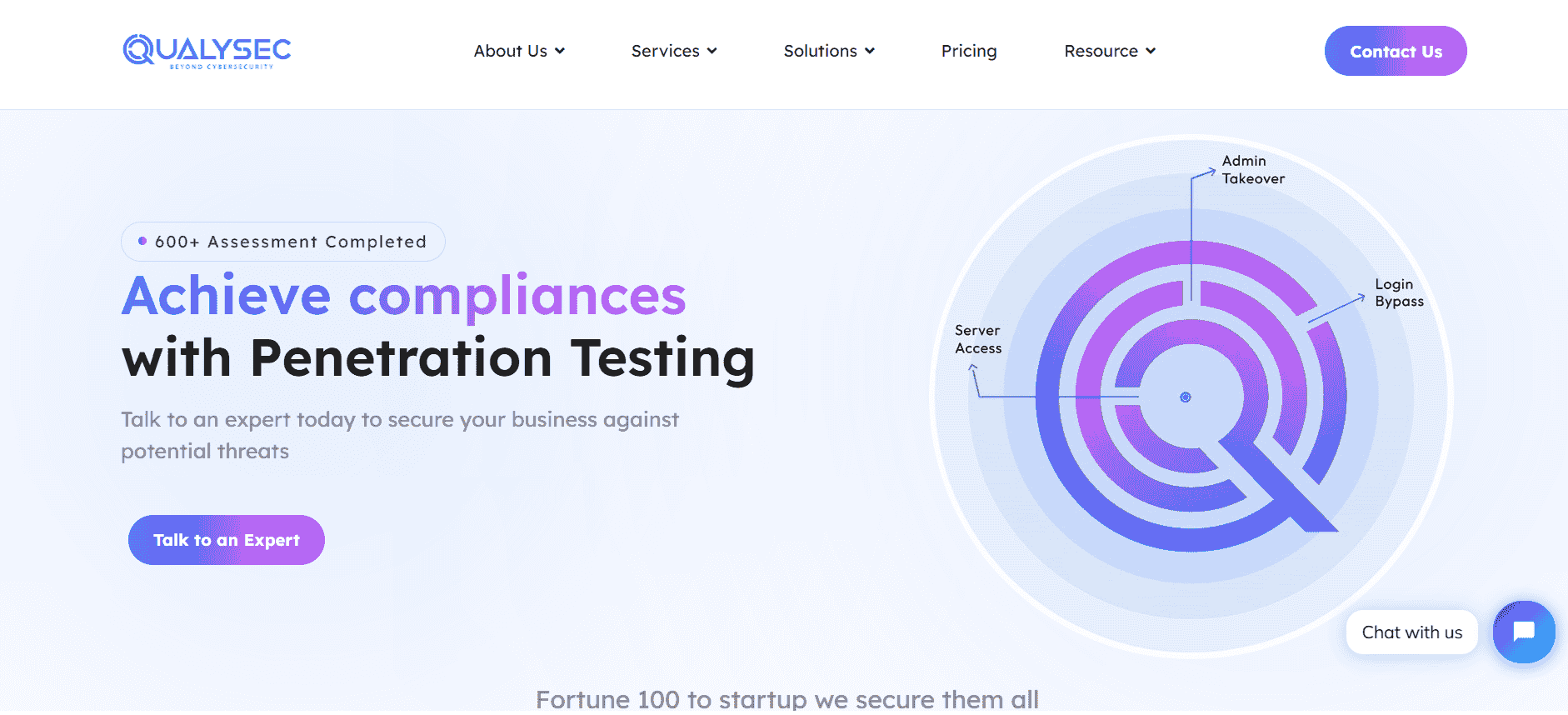
Established in 2020, Qualysec swiftly emerged as a trusted cybersecurity firm, offering AI and data security, VAPT, security consulting, and incident response services. It has become a renowned top player in the cybersecurity and penetration testing industry space. Qualysec boasts an expert team capable of identifying AI Security vulnerabilities that malicious actors could exploit. They collaborate closely with clients to rectify these issues, ultimately bolstering overall security.
Qualysec’s team is composed of seasoned offensive specialists and security researchers, ensuring that clients have access to the latest security techniques. Their Pen-testing Services incorporate both human expertise and automated tools, delivering clear findings, mitigation strategies, and post-assessment consulting—all in adherence to industry standards. The comprehensive service portfolio includes:
- Web App Pentesting
- Mobile App Pentesting
- API Pentesting
- Cloud Security Pentesting
- IoT Device Pentesting
- AI ML Pen testing
This proves invaluable for businesses seeking to comply with industry regulations or demonstrate commitment to security to stakeholders. Working with Qualysec guarantees several advantages:
-
- An expert team of highly skilled and certified cybersecurity professionals dedicated to protecting digital assets.
- Detailed reports with actionable recommendations for issue resolution.
- Reliable support for ongoing assistance.
- Seamless collaboration with development teams for efficient issue resolution.
- Advanced tools and techniques for accurate vulnerability detection without false positives.
Strengths and Unique Selling Propositions:
Qualysec distinguishes itself through its profound expertise and unwavering commitment to delivering top-tier cybersecurity services. Their team of certified professionals possesses extensive knowledge of the latest attack techniques and security best practices. Thus, enabling them to provide precise and actionable insights during penetration tests.
Qualysec’s commitment to competitive pricing, a unique testing approach, on-time delivery, long-term partnerships, and utmost confidentiality makes it a leading penetration testing company. Dedicated to enhancing penetration testing and the cybersecurity landscape.
Hence, Qualysec’s comprehensive and reliable AI Penetration Testing is suitable for your organization. Choose Qualysec to get in-depth insights and relevant recommendations from a skilled penetration testing team.
CrowdStrike
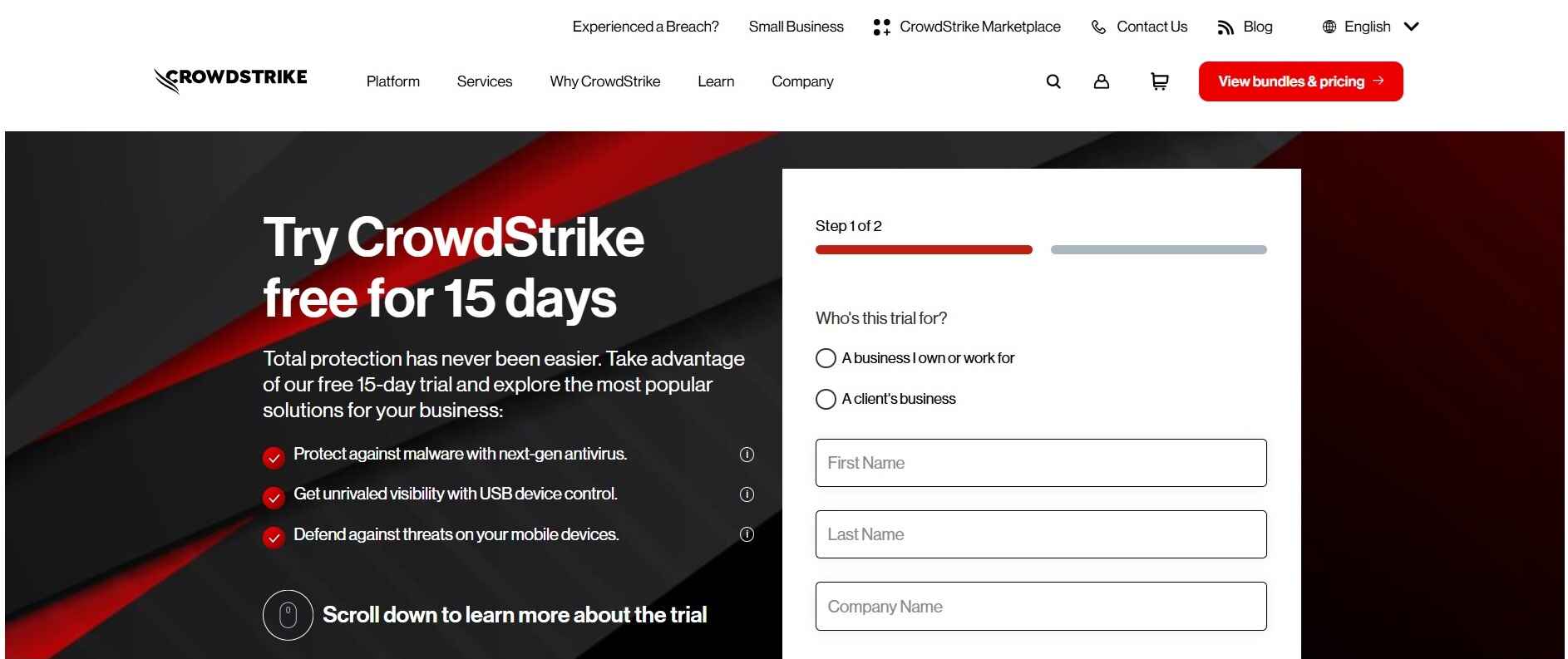
CrowdStrike, established in 2011 as CrowdStrike Holdings, Inc., is a relatively new player in the cybersecurity market. The company’s flagship security system, CrowdStrike Falcon, is a blend of cloud and on-device elements. One of Falcon’s key features is its user and entity behavior analytics (UEBA) system, which uses AI-based penetration testing to detect, monitor, and analyze user activity and system processes, thereby identifying potential threats.
CrowdStrike initially operated as a cybersecurity consultancy, assisting businesses in the aftermath of cyberattacks. Its expertise in detecting and mitigating threats gained attention during high-profile incidents like the Sony Pictures data theft hack in 2014 and the DNC email thefts from 2015 to 2016.
Cynet
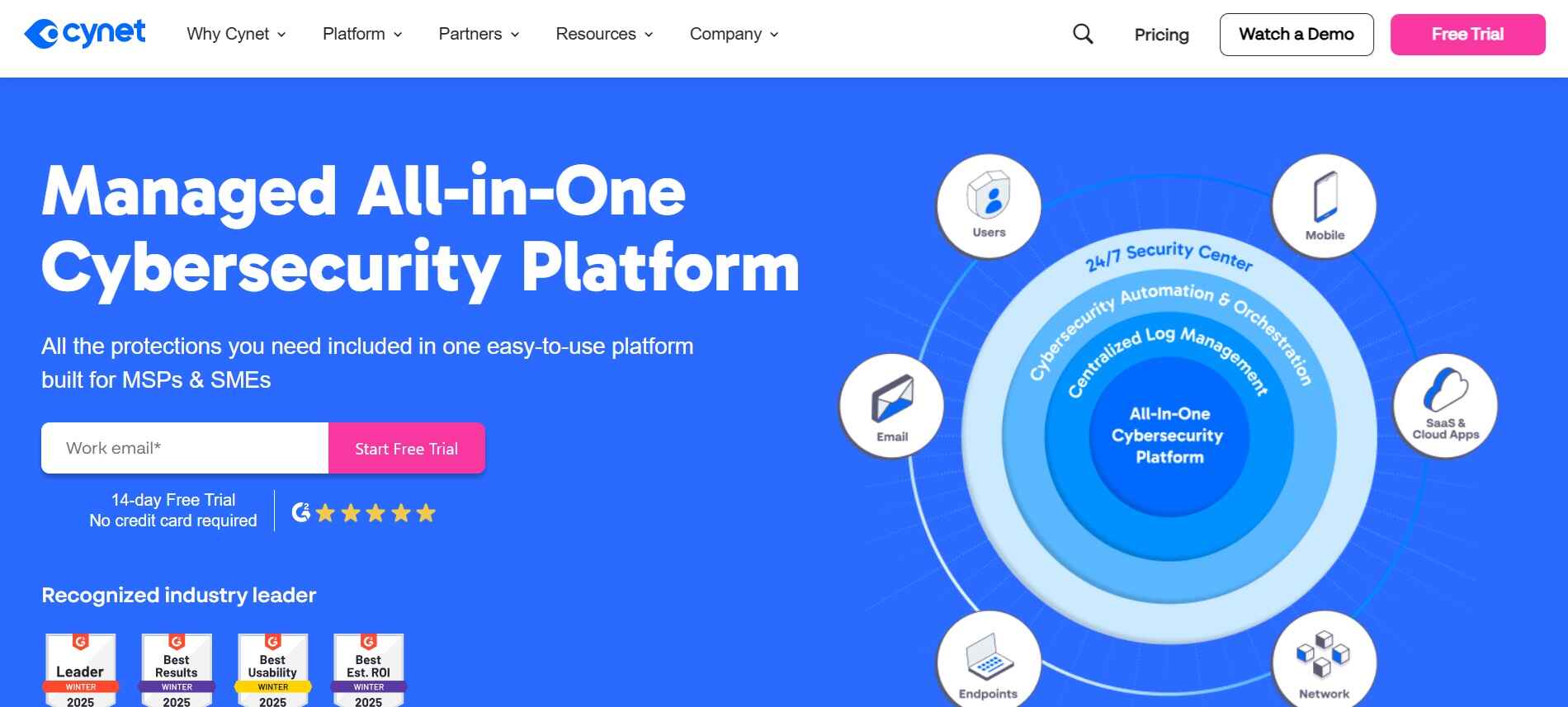
Cynet, with its Enterprise Immune System (EIS), employs AI pentesting tools for automatic threat detection and response. The company’s goal is to make advanced threat protection as user-friendly as standard system monitoring. While designed to cater to organizations lacking dedicated cybersecurity personnel, Cynet’s solutions are also utilized by large multinational corporations, including those in high-risk sectors like banking.
Cynet’s flagship product, Cynet 360, offers comprehensive cybersecurity features such as AV endpoint protection, threat prediction, user behavior modeling, and vulnerability management. The system begins with a discovery phase, mapping network topology and creating a baseline model of normal activity by analyzing event logs and traffic patterns. This baseline enables proactive threat monitoring and response. Additionally, Cynet 360 uses decoy resources to divert attackers away from genuine network assets.
Darktrace

Darktrace has developed its Enterprise Immune System (EIS) to serve as a comprehensive platform for its cybersecurity products. EIS leverages AI methodologies and employs unsupervised machine learning to build status rule bases. Upon installation, EIS immediately establishes a baseline of normal activity, referred to as the “pattern of life,” which includes traffic patterns, device activities, and user behaviors across the network.
Founded in 2013, Darktrace has key personnel with experience from companies like Autonomy and academic backgrounds in mathematics from the University of Cambridge. The company is headquartered in Cambridge, UK, with a secondary office in San Francisco.
FireEye (Trellix)
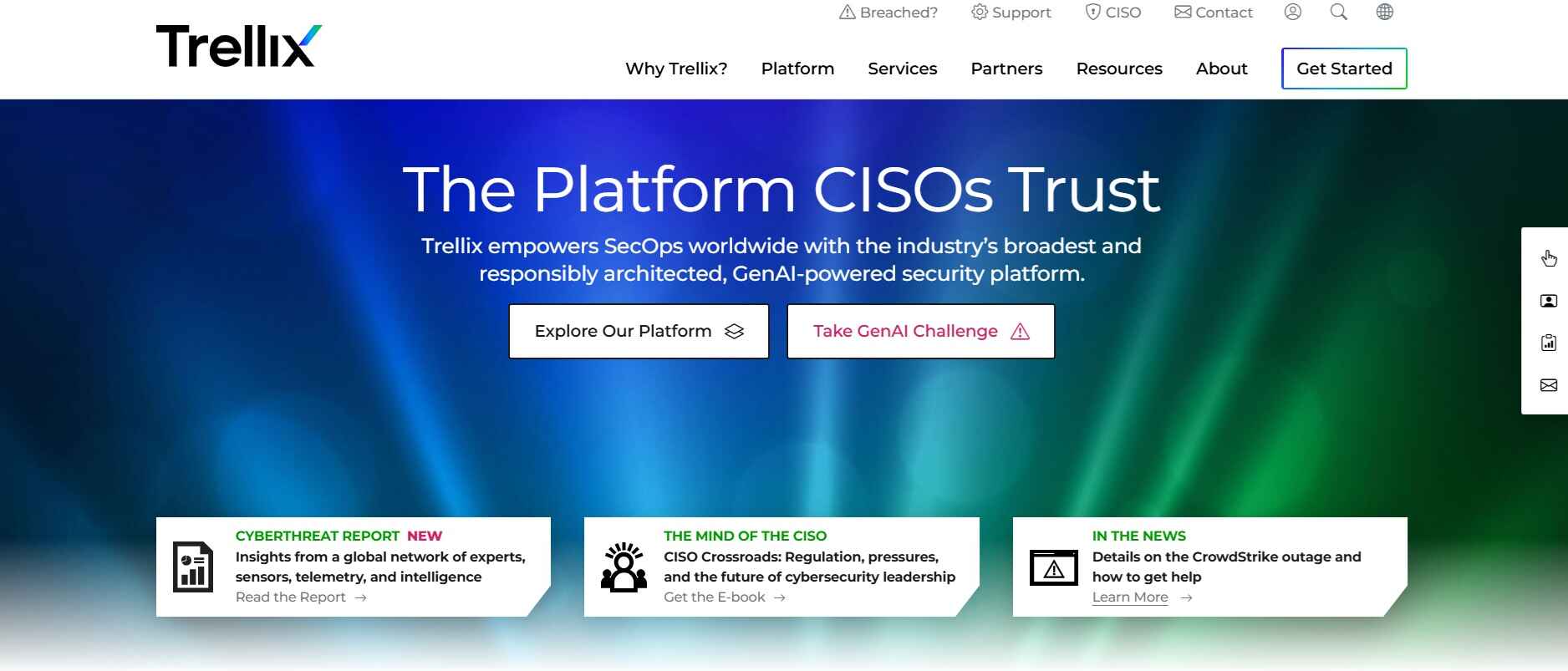
, founded in 2004, initially focused on threat research and recovery consulting services, which were labor-intensive and not financially lucrative. However, the company transitioned into AI-powered Penetration tools and subscription-based services, leading to profitability and increased investor interest. FireEye’s product portfolio now includes the FireEye MVX virtual sandbox for identifying new threats and the FireEye Helix Security Operations Platform, which centralizes security infrastructure and leverages AI for threat identification and response.
Under the leadership of former CEO David DeWalt, FireEye went public in 2013, attracting attention from investors and achieving a market capitalization of $3.3 billion. The company’s strategic shift towards AI-driven solutions has positioned it as a leader in the cybersecurity industry.
Check Point

Check Point, initially known for its firewall products, expanded into threat detection and prevention with the acquisition of NFR in 2006. Instead of focusing on a specific AI-driven product, Check Point developed platforms like Campaign Hunting, Huntress, and Context-Aware Detection (CADET), which integrate AI into various cybersecurity offerings. These platforms use AI to detect and prevent threats by analyzing network behavior, sharing threat intelligence, and automating response measures.
Since its IPO in 1996, Check Point has maintained its leadership position in the cybersecurity industry. Its commitment to AI innovation, reflected in a market capitalization of $19.4 billion, has solidified its reputation as an industry pioneer.
Symantec

Symantec, known for its firewall and antivirus products, expanded its AI research in 2014, leading to the development of the Targeted Attack Analytics (TAA) tool. TAA utilizes machine learning to model network behavior and detect deviations, enhancing threat detection and response. Integrated into the Symantec Cyber Defense Platform, TAA contributes to Symantec’s suite of cybersecurity products and services, positioning the company as a leading AI innovator in the industry.
As a publicly traded company with a market capitalization of $14.5 billion, Symantec offers a balance of stability and growth potential, making it an attractive investment in the cybersecurity sector.
Sophos
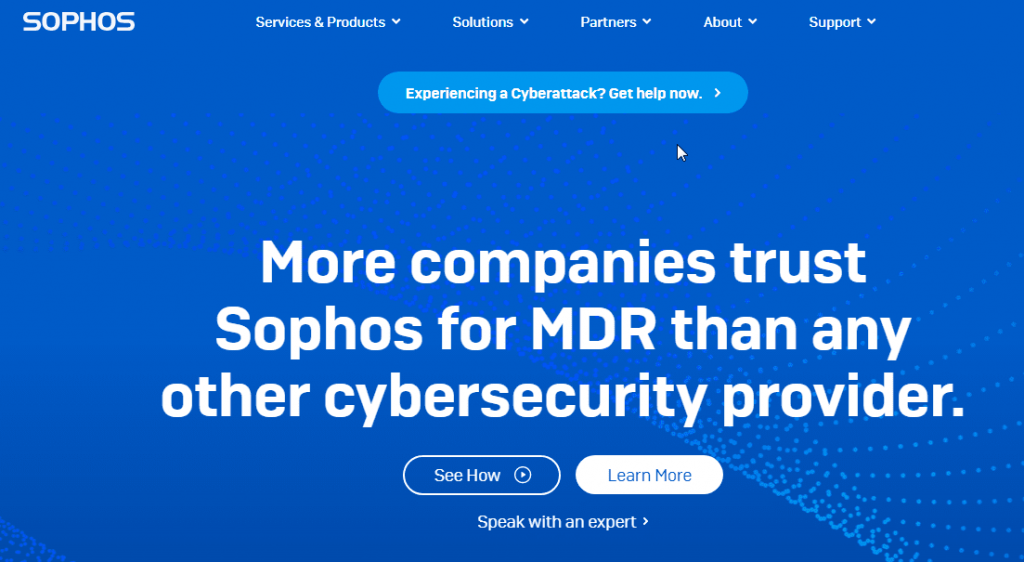
Sophos, founded in 1985 as an antivirus producer, entered the AI-based cybersecurity market with the acquisition of Invincea in 2017. Invincea’s AI-driven deep learning techniques formed the basis for Sophos’ Intercept X endpoint protection and XG Firewall network protection solutions. Intercept X uses AI to monitor device activity and detect anomalies, while XG Firewall provides automated network security measures.
After its IPO in 2015, Sophos has maintained its position as a leading cybersecurity company with a market capitalization of £1.5 million ($2 billion). Its focus on AI cybersecurity solutions reflects its commitment to innovation in the industry.
Fortinet

Fortinet, established in 2000, pioneered the concept of the security fabric, integrating multiple network security points to detect and prevent threats. The company developed the Self-Evolving Detection System (SEDS), an AI-based analytical engine, to power its security fabric. SEDS uses machine learning to analyze network activity and automatically respond to threats, contributing to Fortinet’s suite of cybersecurity solutions.
With a market capitalization of $14.84 billion, Fortinet has proven to be a successful player in the cybersecurity industry, leveraging AI to enhance its security offerings.
Cylance

Cylance, now a division of BlackBerry Limited, was founded in 2012 and became known for its AI-based IPS solutions. Under the leadership of founder Stuart McClure, Cylance gained recognition for its innovative approach to malware prevention. The company’s acquisition by BlackBerry in 2018 marked its transition into a division of a larger cybersecurity entity while maintaining its brand identity.
BlackBerry’s acquisition valued Cylance at $1.4 billion, reflecting the company’s reputation as an industry disruptor and its pioneering use of AI in cybersecurity.
Why Businesses Should Prioritize Comprehensive AI/ML PenTesting
The unique characteristics of AI/ML applications make penetration testing essential for several reasons:
- Data Security: AI data security is mainly a concern for large enterprises as they hold a substantial amount of sensitive information. AI /ML applications heavily rely on data, making its protection crucial. Penetration testing evaluates the effectiveness of security measures, ensuring that sensitive information remains secure and inaccessible to unauthorized users.
- Model Robustness: Penetration testing assesses the resilience of machine learning models against adversarial attacks, including attempts to manipulate input data to deceive the model’s predictions. It helps identify and strengthen potential vulnerabilities in these models.
- Application Integration: AI/ML applications often interact with multiple components and other applications. Penetration testing evaluates the security of these integrations, ensuring that connections are secure and not susceptible to exploitation.
- Compliance Requirements: Many businesses and regulatory frameworks require regular security assessments. AI Security vulnerability assessment solutions help companies meet legal obligations and demonstrate their commitment to safeguarding AI/ML assets.
- Cyber Environment Awareness: Penetration testing provides insights into the current threat landscape by simulating real-world attack scenarios. This understanding enables companies to stay ahead of emerging threats and proactively enhance their security measures.
Latest Penetration Testing Report
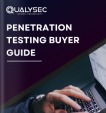
Methodologies for Comprehensive AI/ML Threat Analysis
Penetration testing methodologies are systematic approaches to evaluating the security of AI/ML applications. The choice of methodology depends on the tester’s level of access to the application’s internal structure. Here are three key methodologies:
White Box Testing:
-
- Involves a comprehensive assessment of the AI/ML application’s underlying structure, architecture, and code.
- Testers have intimate knowledge of the application design, source code, and algorithms.
- Identifies vulnerabilities accurately and allows customized testing of specific components.
Black Box Testing:
-
- Evaluate the security of an AI/ML application without prior knowledge of its internal workings.
- Testers approach the application as external attackers, simulating real-world scenarios.
- Assesses the effectiveness of externally facing security mechanisms visible to the public.
Grey Box Testing:
-
- A hybrid approach combining elements of both white box and black box testing.
- Testers have limited knowledge of the application’s internal structure, architecture, or source code.
- Balances depth of analysis with real-world simulation, allowing for tailored testing based on incomplete knowledge.
Each methodology offers unique advantages in assessing AI/ML device security, providing businesses with a comprehensive understanding of their vulnerabilities and potential risks.
How Can Service Providers Help in AI/ML Pentesting?
In recent years, the integration of AI (Artificial Intelligence) and ML (Machine Learning) technologies has become increasingly prevalent across various industries, revolutionizing processes such as automation, data analysis, and decision-making. However, the rapid advancement of these technologies has also raised concerns about their security implications. This has led to a growing demand for specialized AI and Machine learning in cybersecurity to assess the security posture of these complex systems.
AI ML Cyber security Companies offer expertise in evaluating the security of machine learning models, algorithms, and applications. By utilizing advanced testing techniques and conducting thorough threat analyses, these providers help organizations identify and address vulnerabilities that could potentially be exploited by malicious actors. Additionally, they assist in ensuring compliance with industry regulations and standards, offering customized solutions tailored to the specific security needs of AI/ML implementations. Overall, these services play a crucial role in helping organizations navigate the security challenges posed by the adoption of AI/ML technologies, ensuring the integrity and resilience of these innovative systems.
Conclusion
In summary, the landscape of AI/ML pentesting is continuously evolving, mirroring the dynamic nature of technological advancements and cybersecurity threats. As artificial intelligence and machine learning become increasingly integrated into various aspects of our lives and businesses, the need for thorough penetration testing of deep learning models becomes more pronounced.
The rapid pace of AI/ML technological advancements introduces new challenges that demand adaptable and forward-thinking security approaches. Additionally, threat actors are employing innovative tactics to exploit vulnerabilities in machine learning models and jeopardize data integrity.
Remaining vigilant and flexible is paramount in this ever-changing environment. Collaboration among cybersecurity experts will be crucial in developing resilient security frameworks. Moreover, as organizations harness the transformative potential of AI/ML, security strategies must adapt to ensure that the benefits of these technologies are fully realized.
Only through proactive and collaborative efforts can we safeguard the future of AI/ML applications and harness their potential for positive societal impact. Get in touch with us today!
FAQ’s
What is the advantage of AI penetration testing?
Penetration testing on AI apps has some significant advantages. For starters, it aids in identifying and addressing weaknesses in the AI system, ensuring strong security measures are in place. Furthermore, Penetration testing lets enterprises proactively build their AI defenses by replicating real-world attack situations, averting possible breaches and unauthorized access.
What is the Role of AI in cybersecurity?
AI is transforming cybersecurity by improving threat detection and response capabilities. Machine learning methods allow AI systems to swiftly examine large volumes of data, discovering patterns and anomalies that may indicate cyber dangers.
How is AI used in penetration testing?
AI penetration testing can help detect vulnerabilities and cyber security risks that attackers could use to obtain unauthorized access to your company. With machine learning’s ability to analyze massive volumes of data, it will rapidly detect questionable trends.














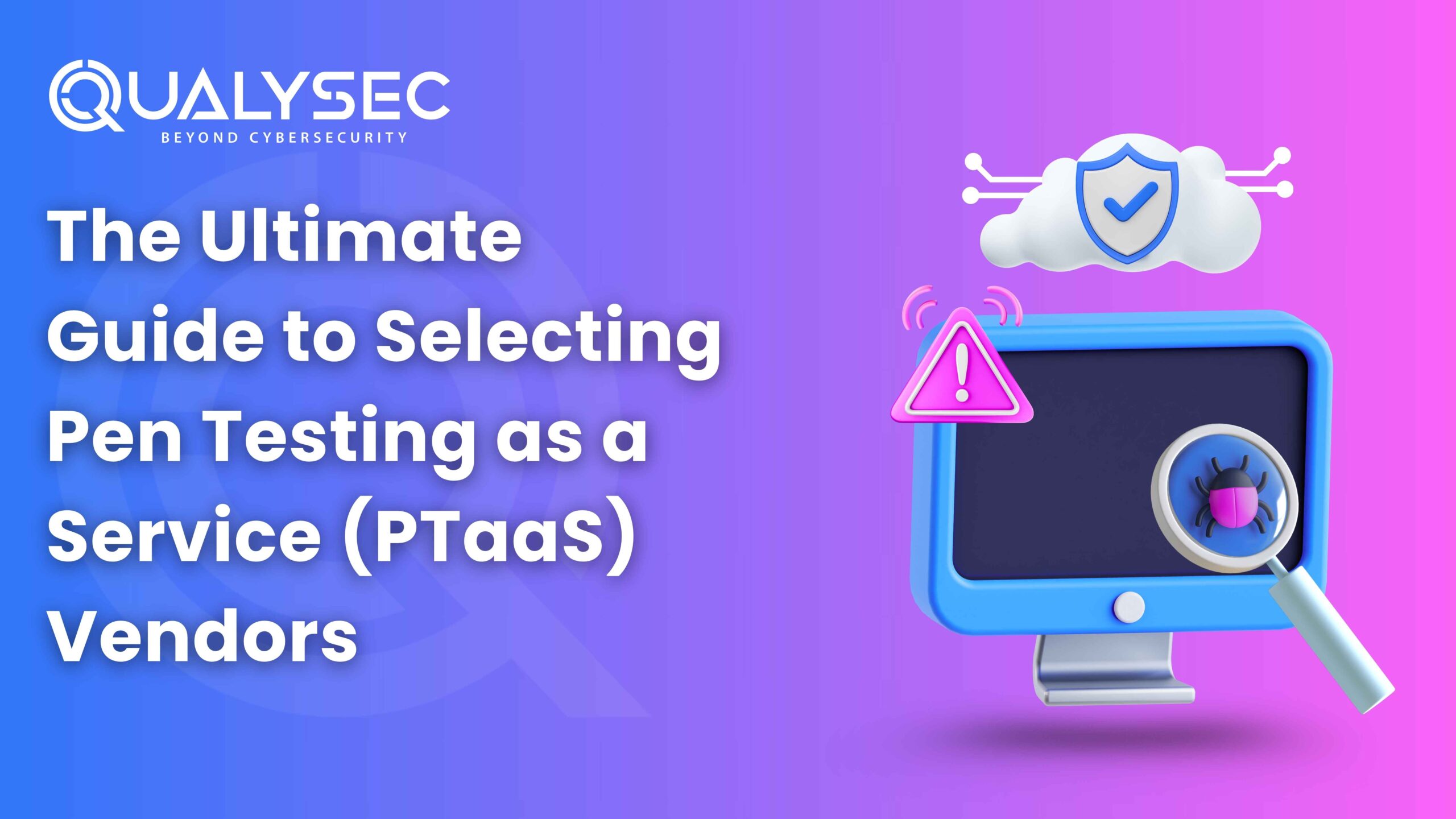


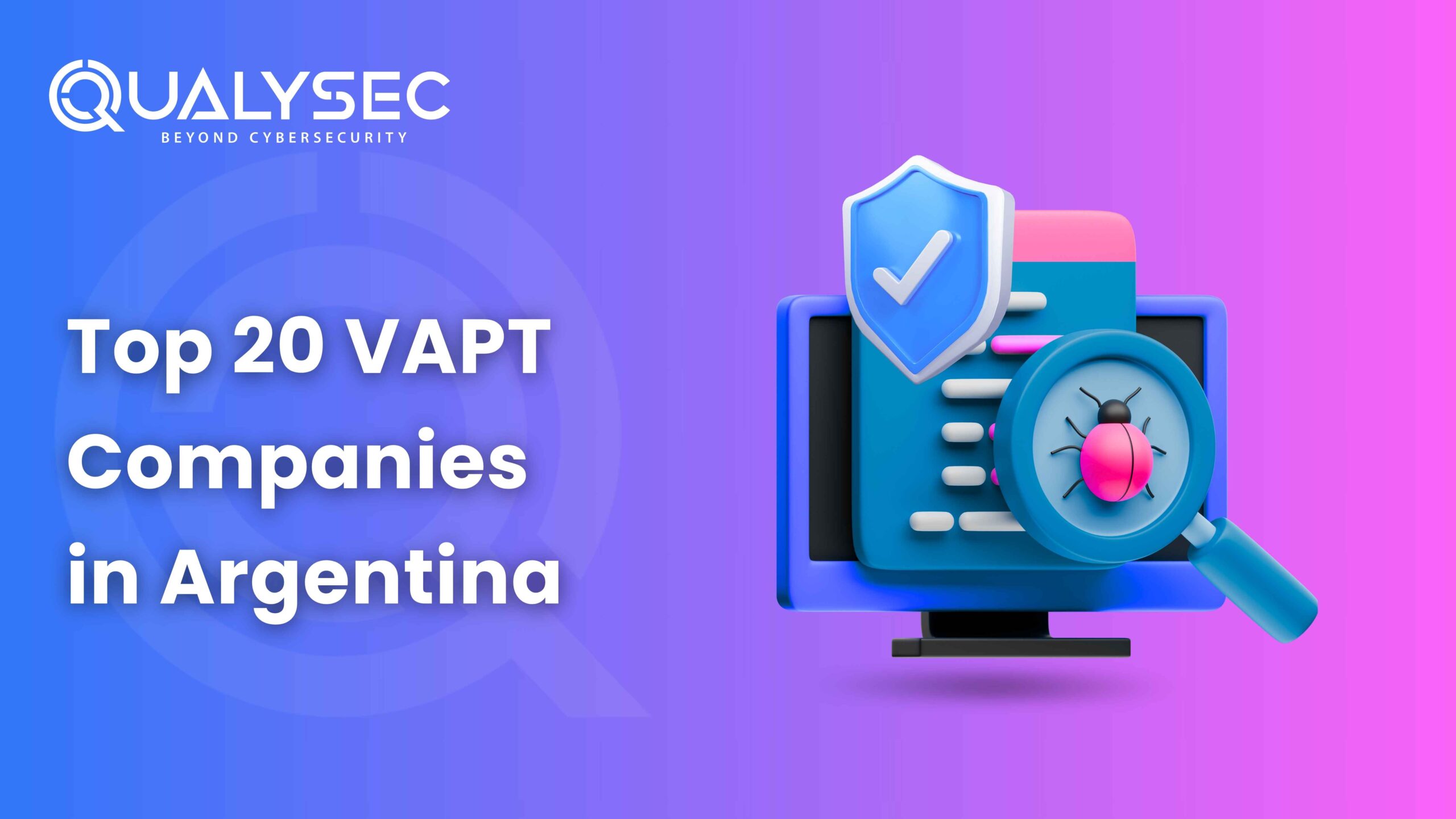
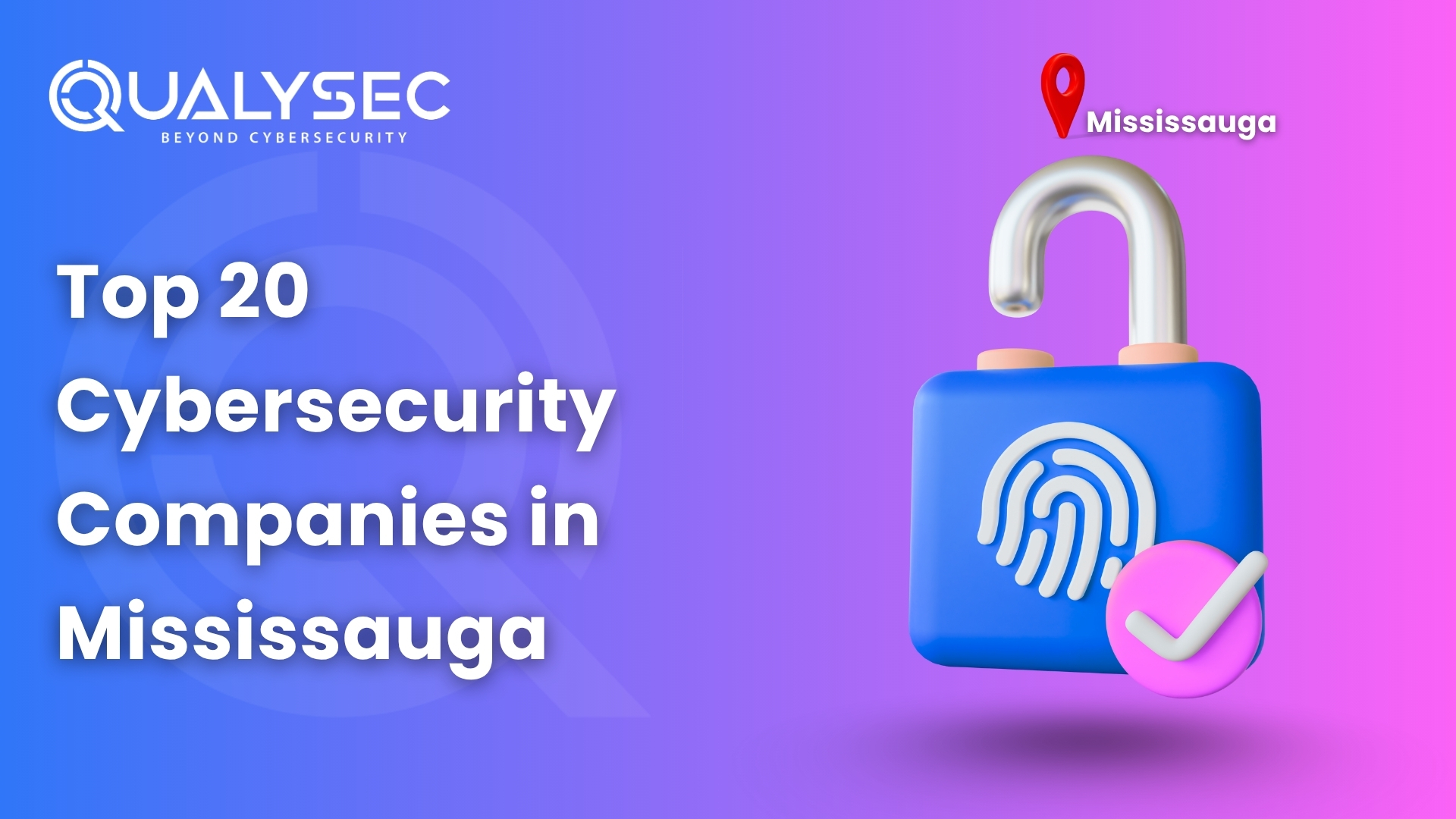




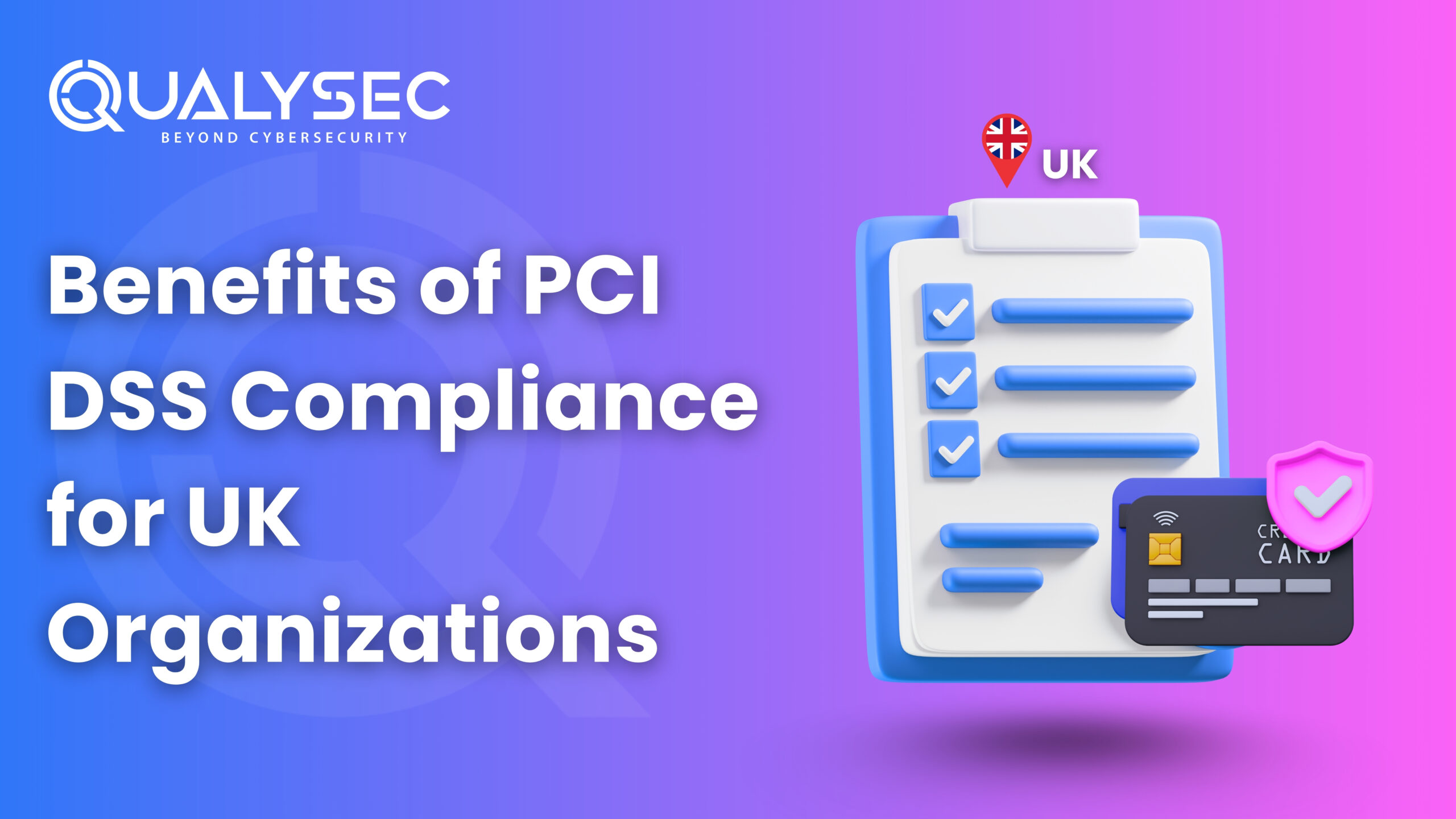





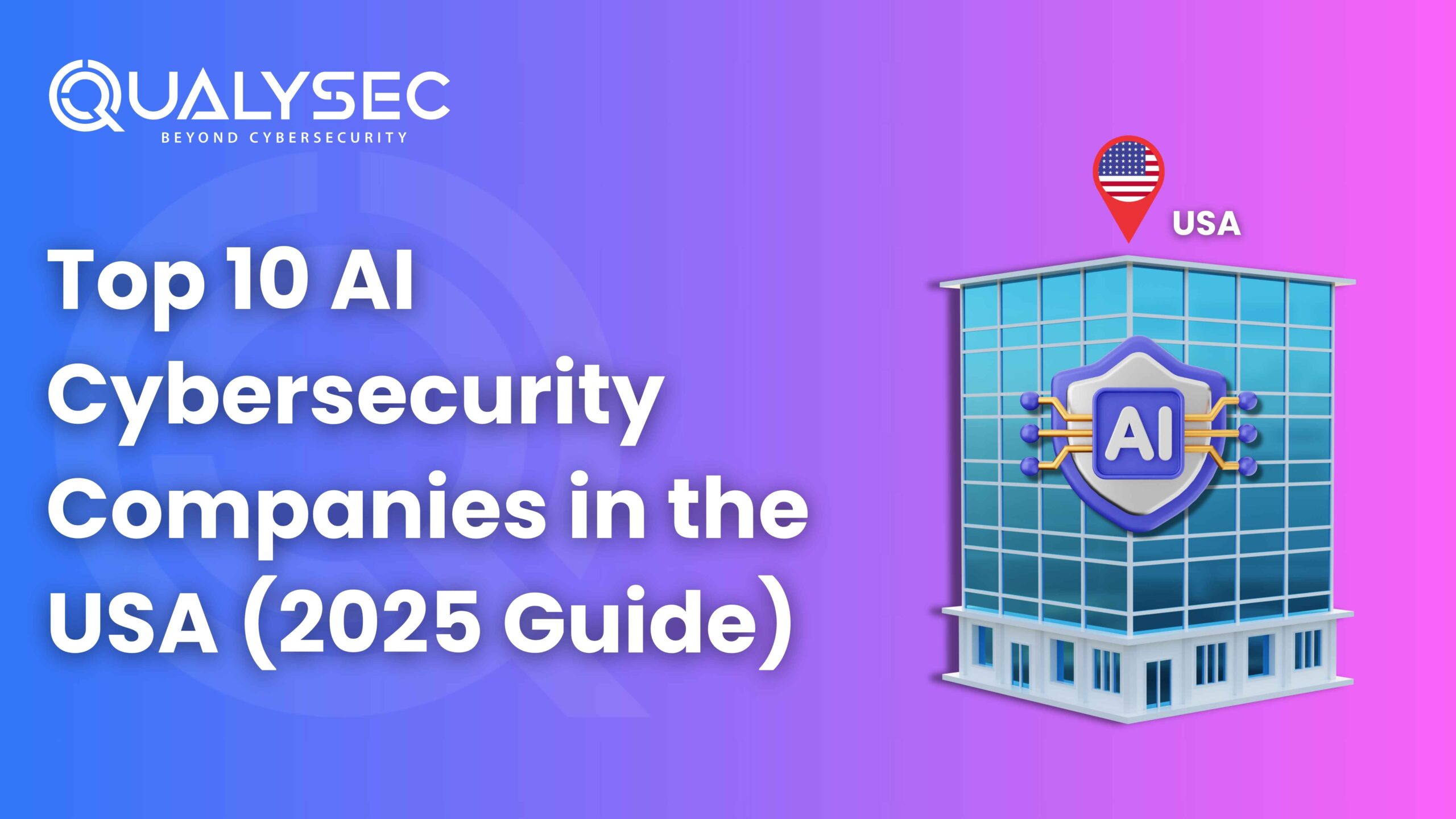
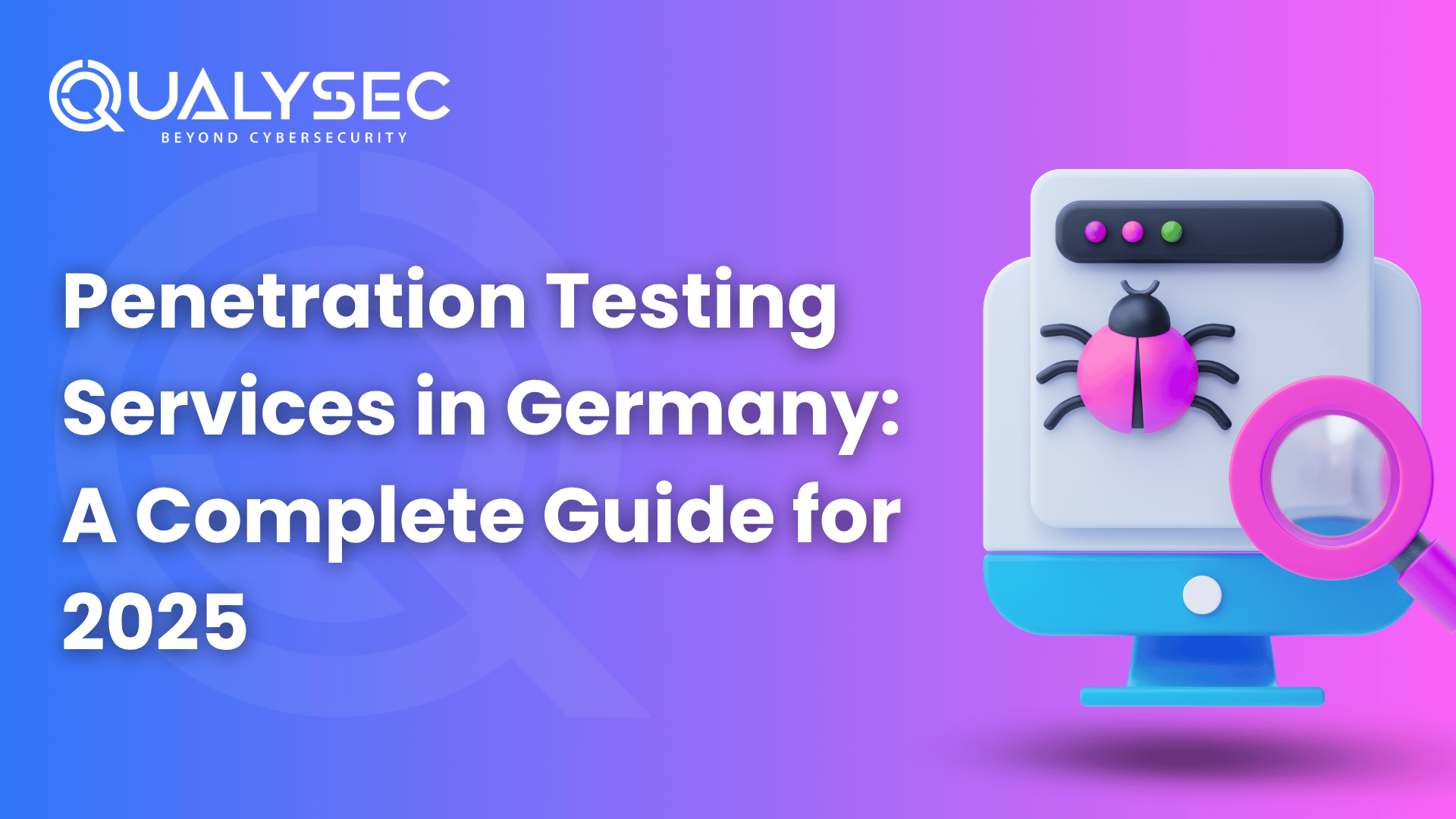

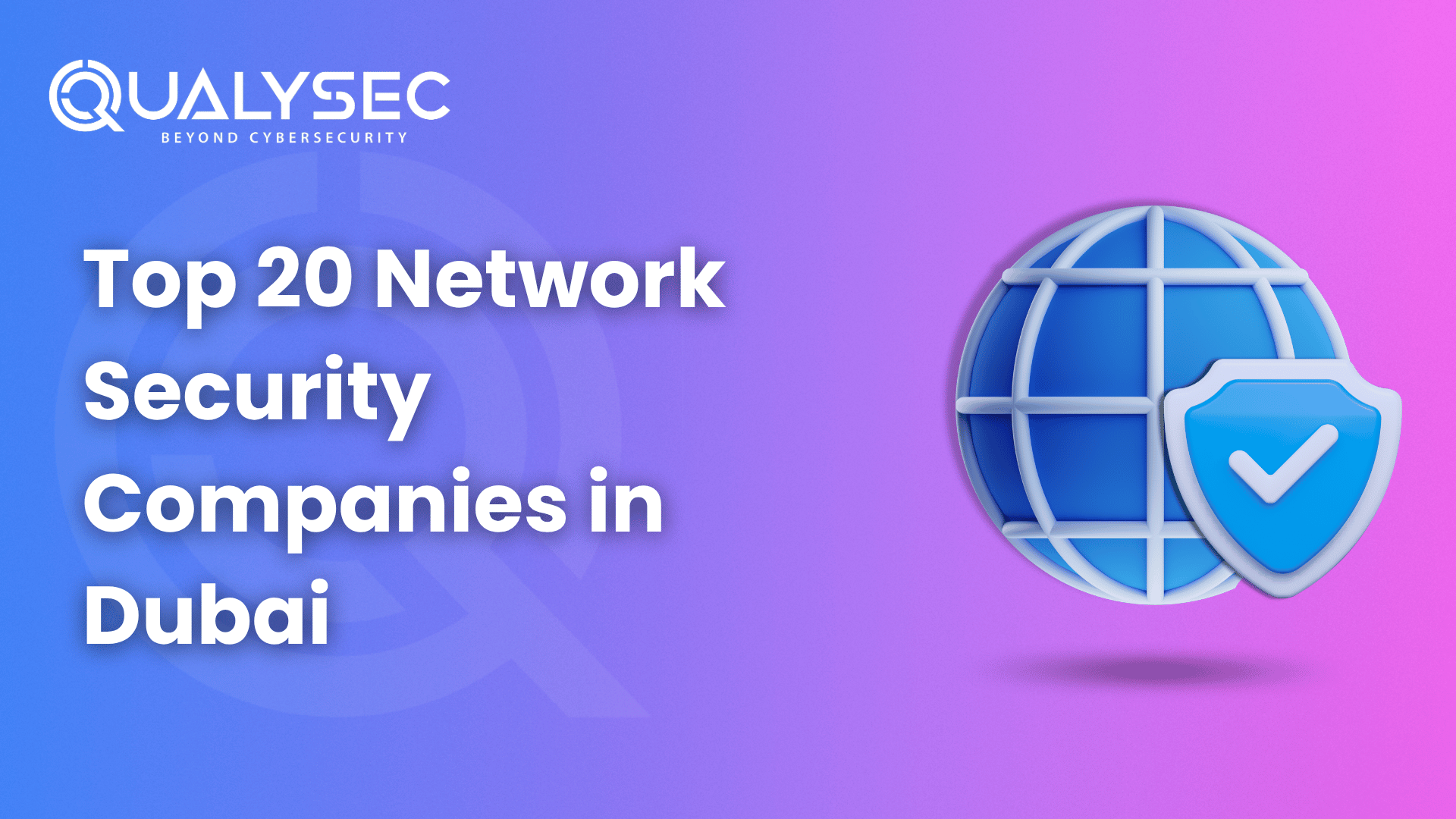

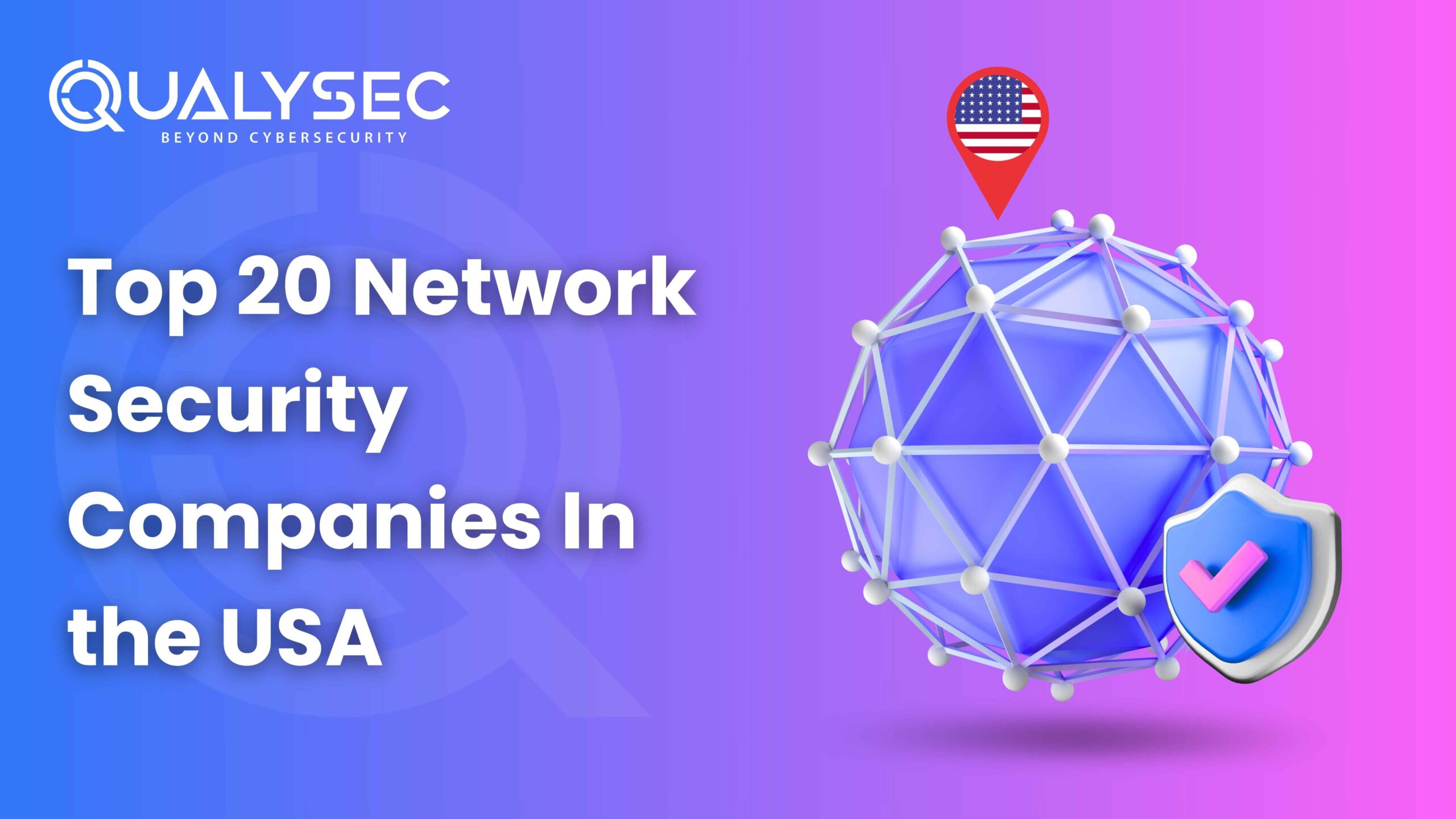




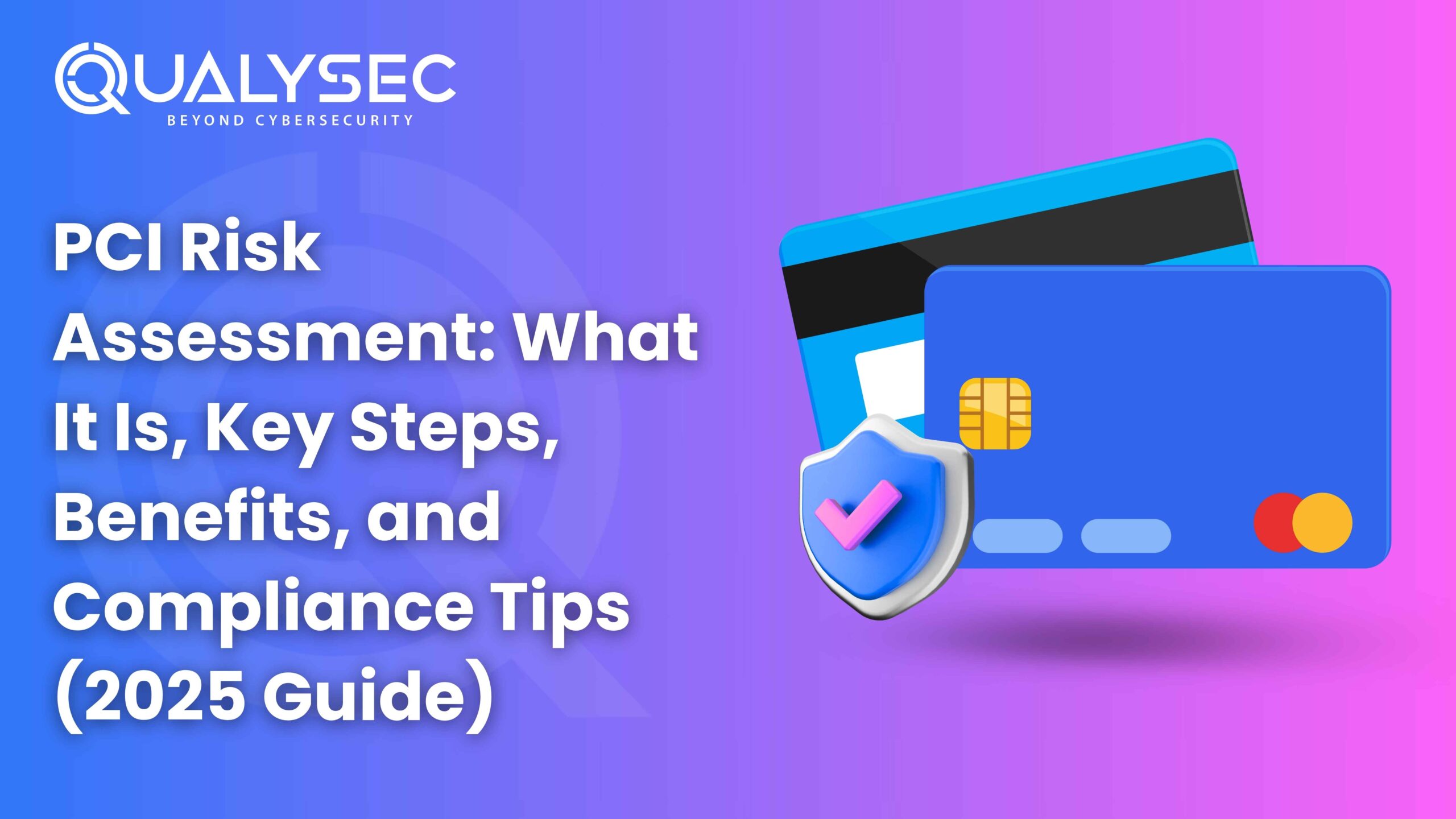


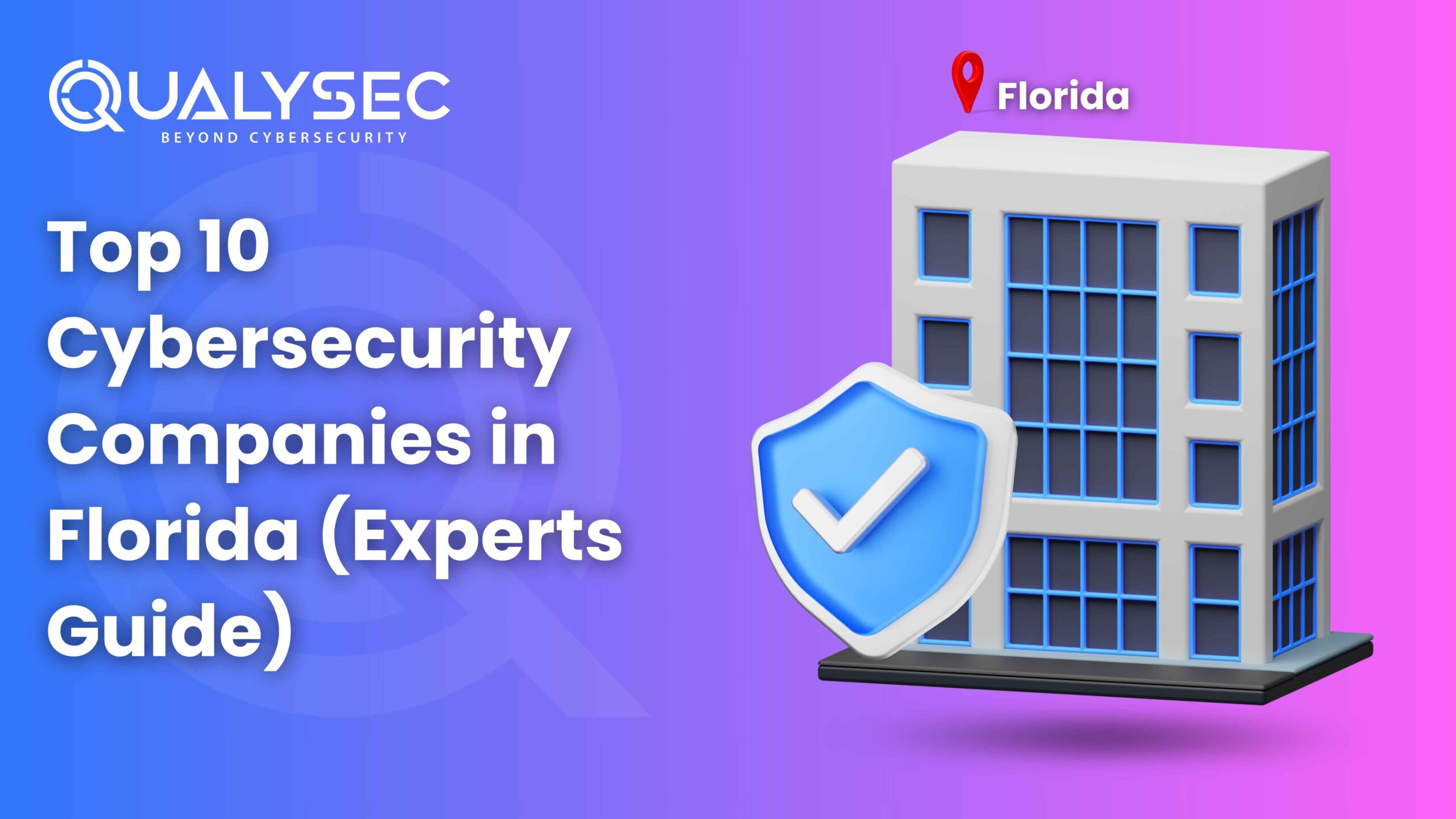











































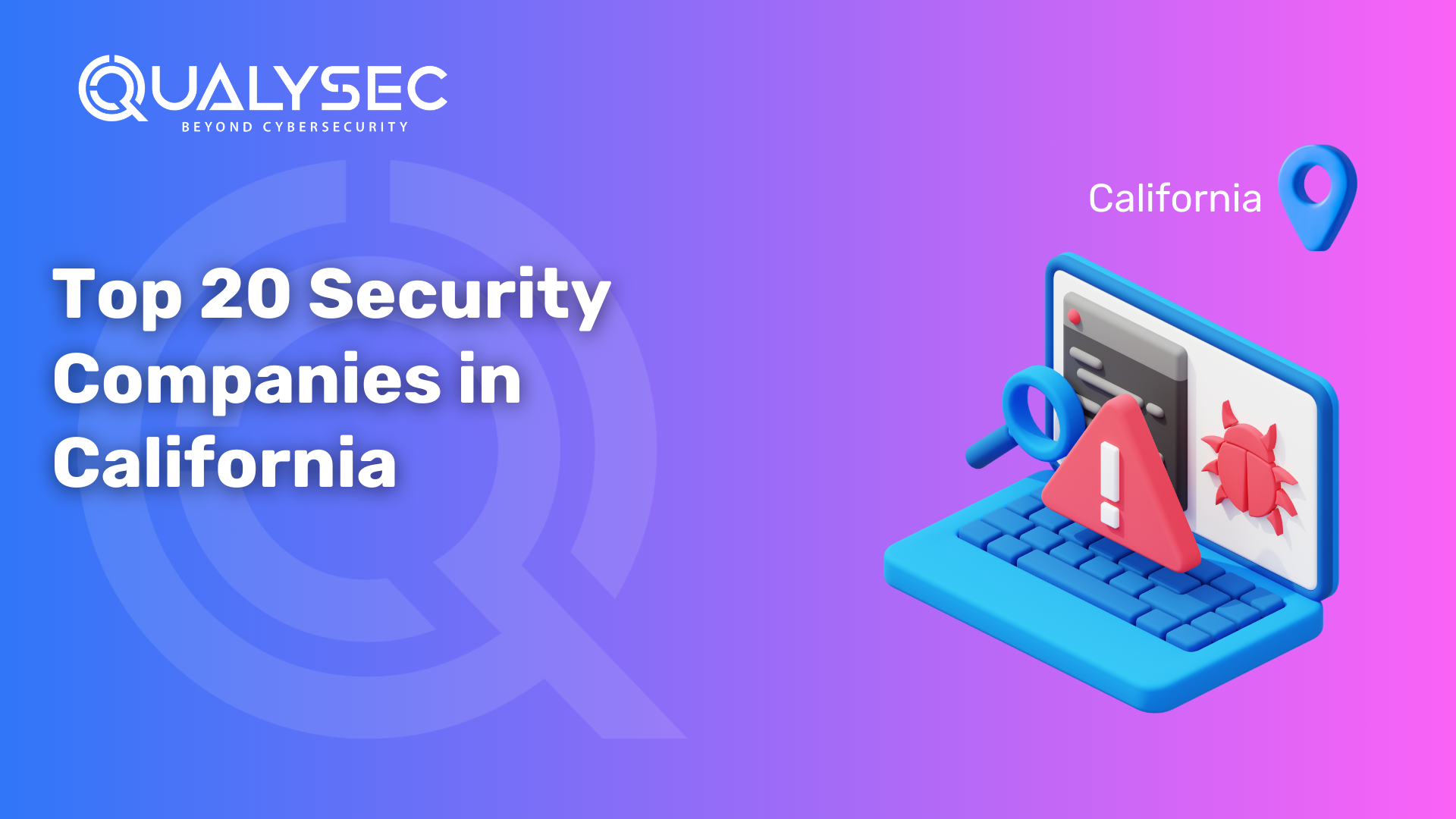







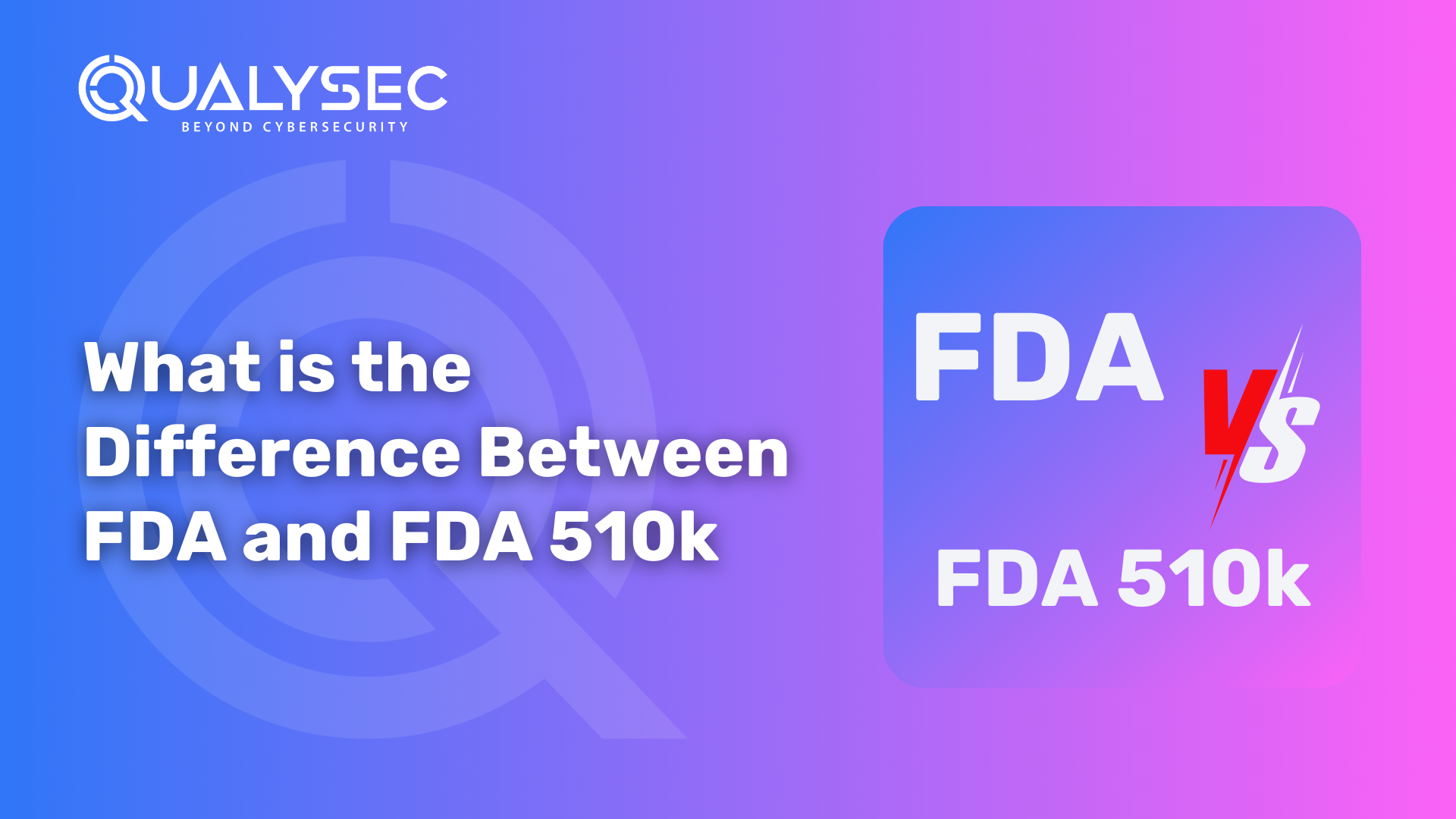









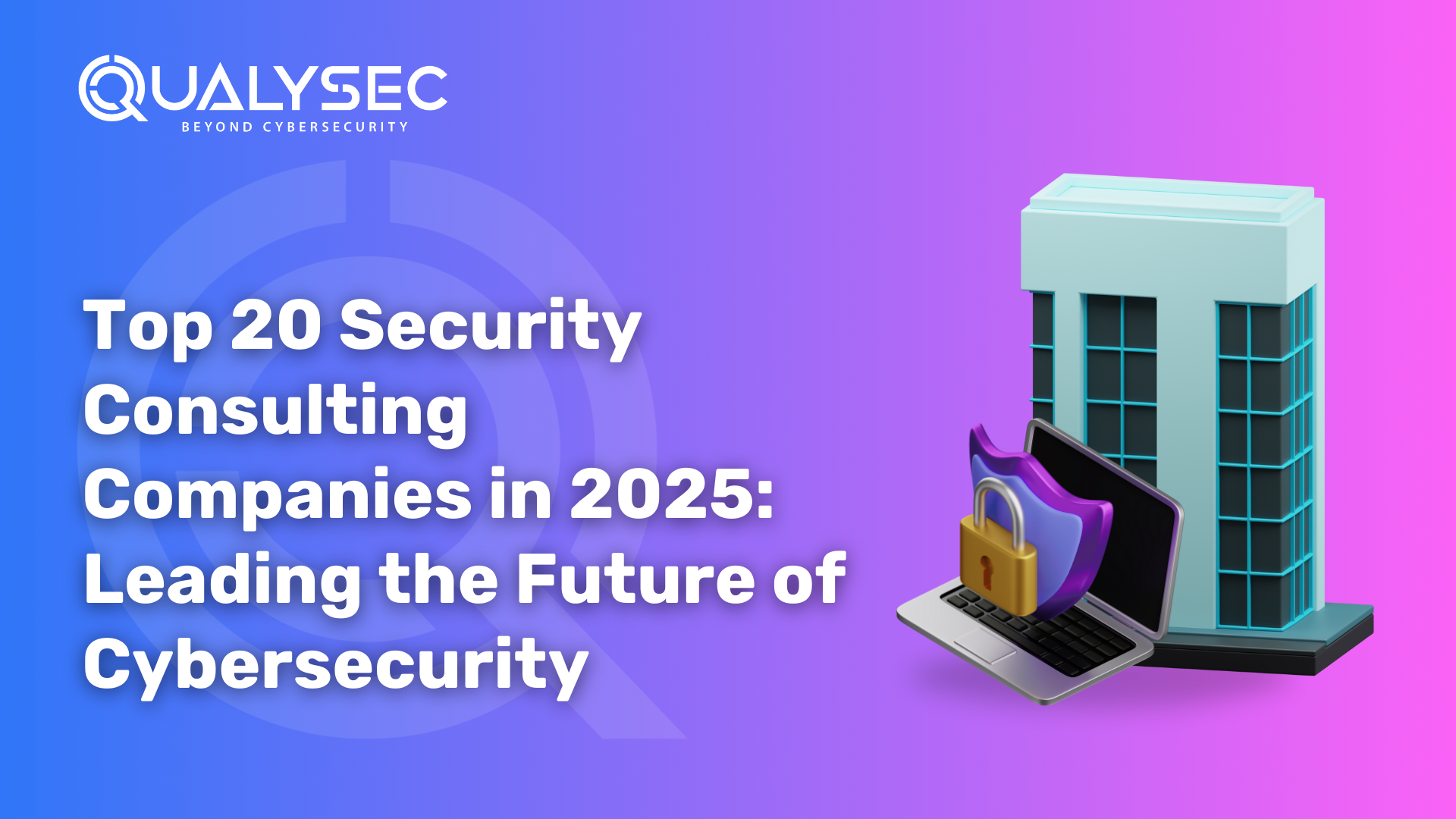
























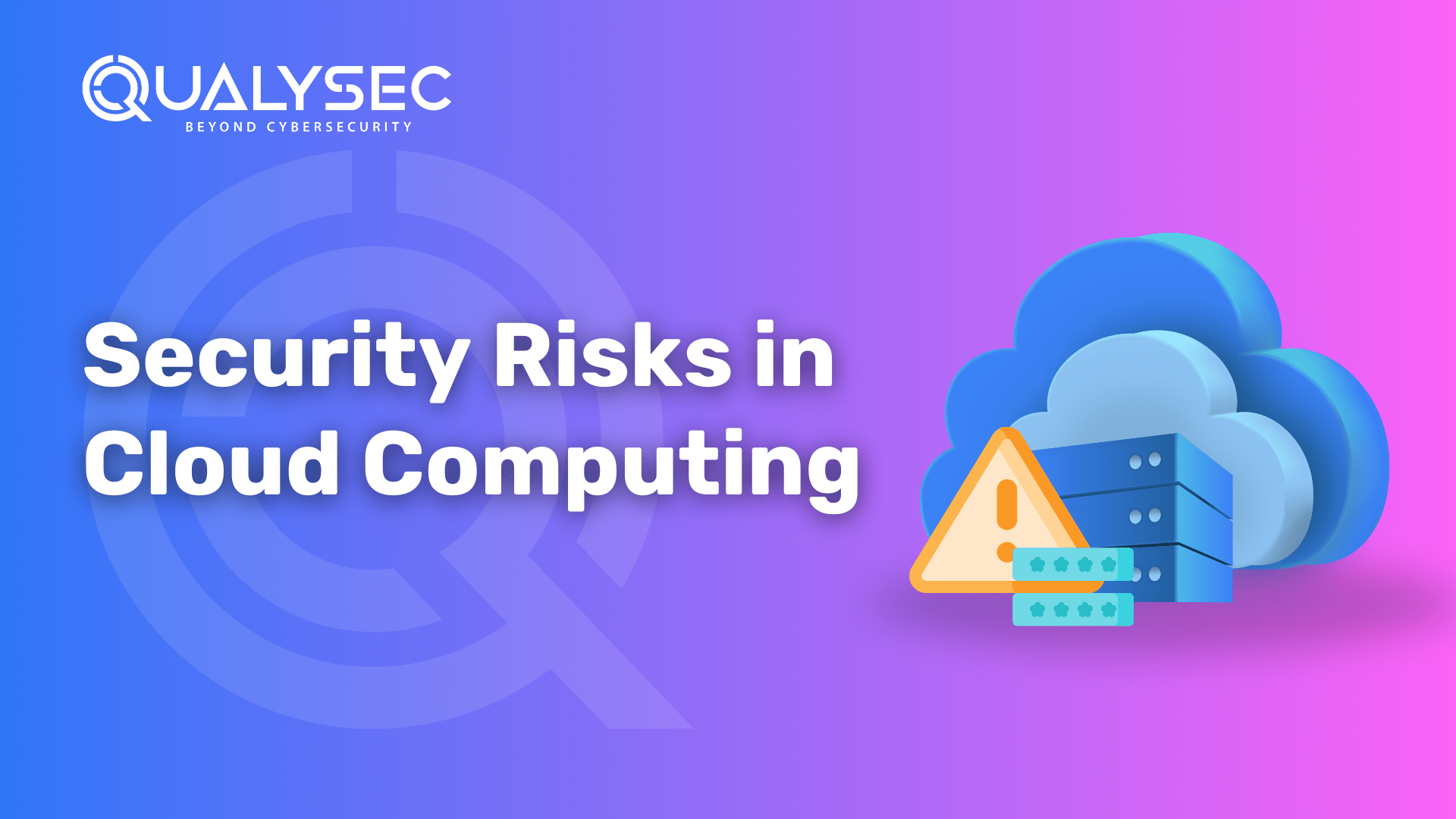







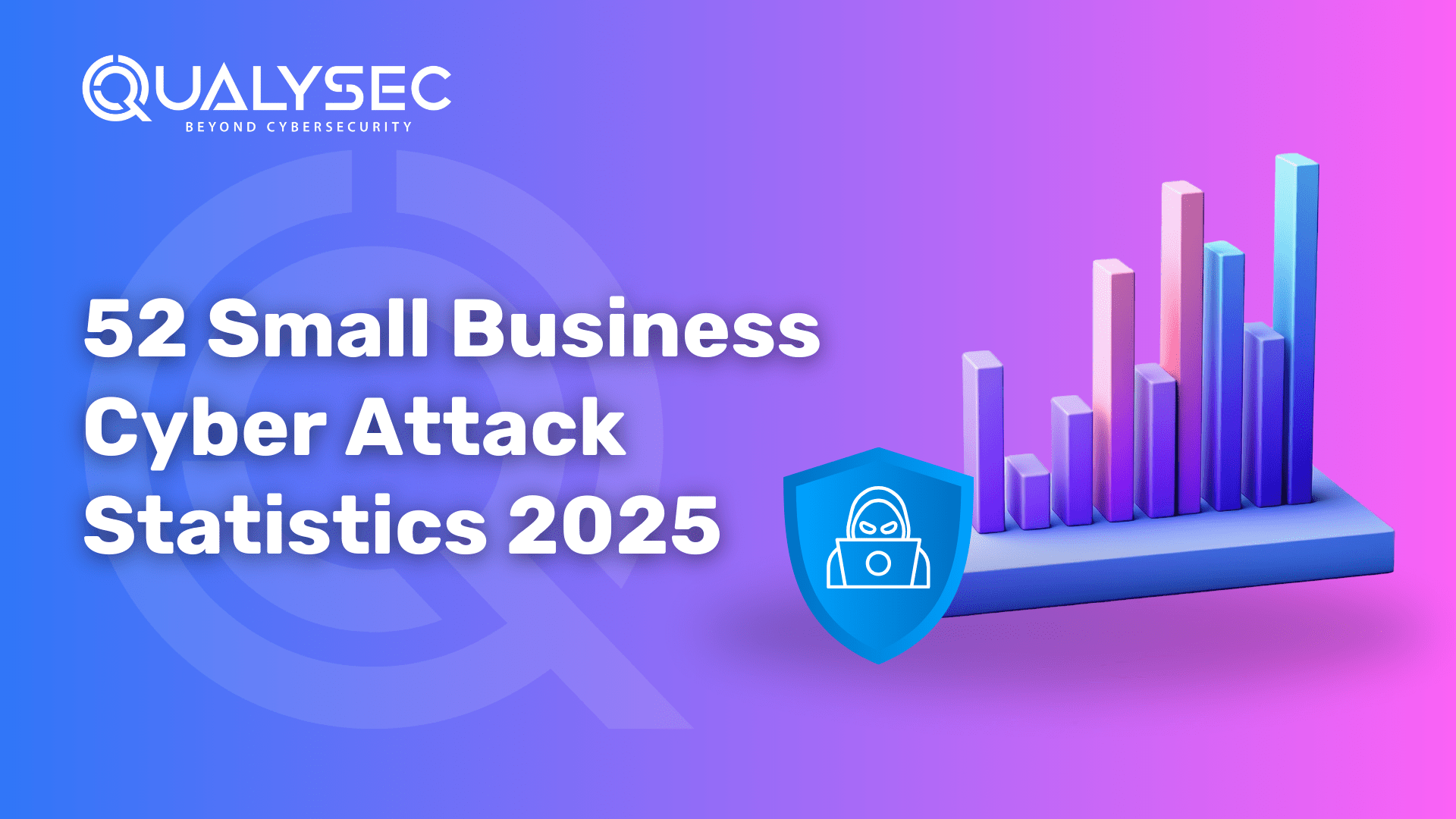


























































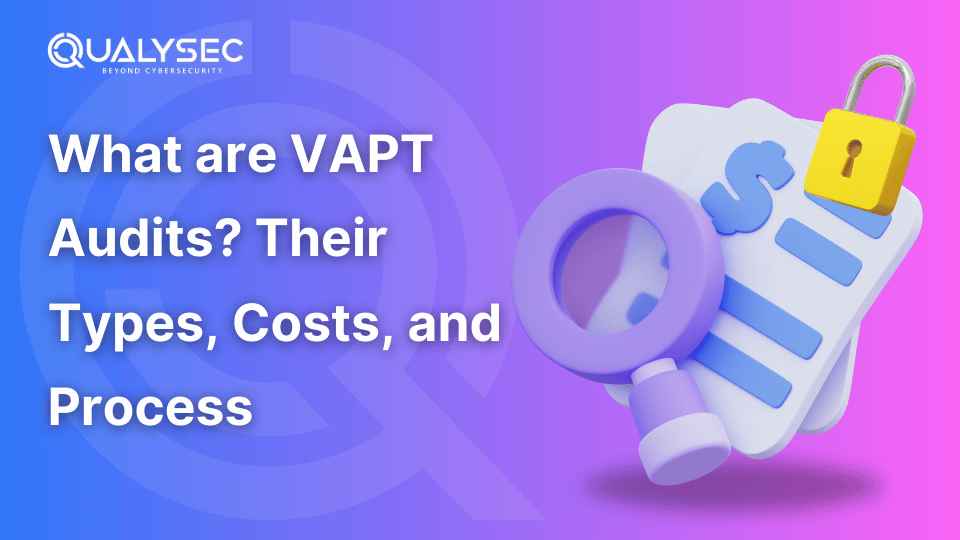








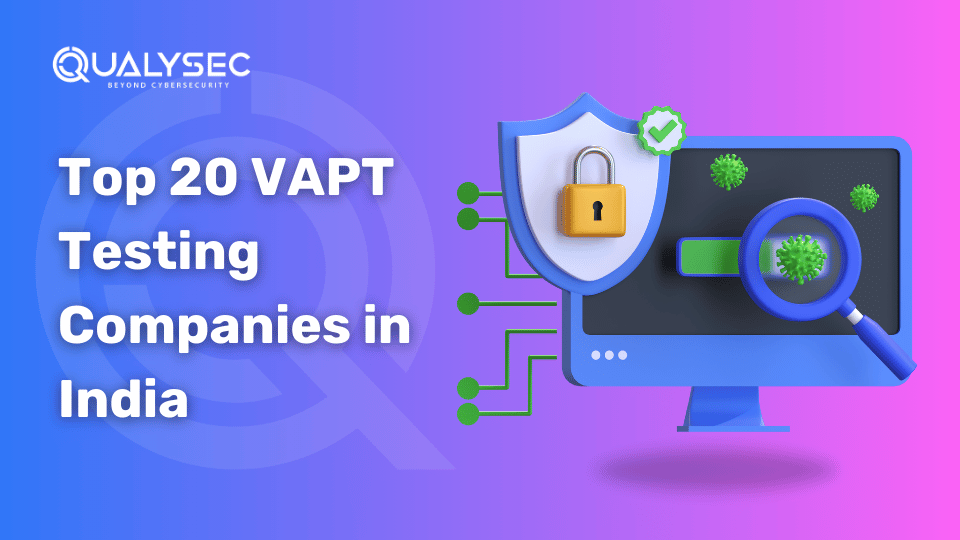


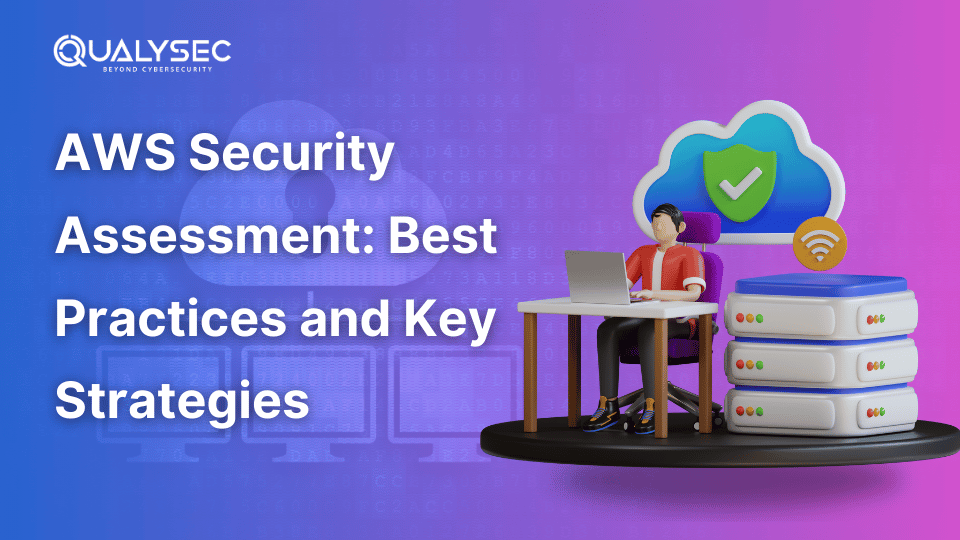




















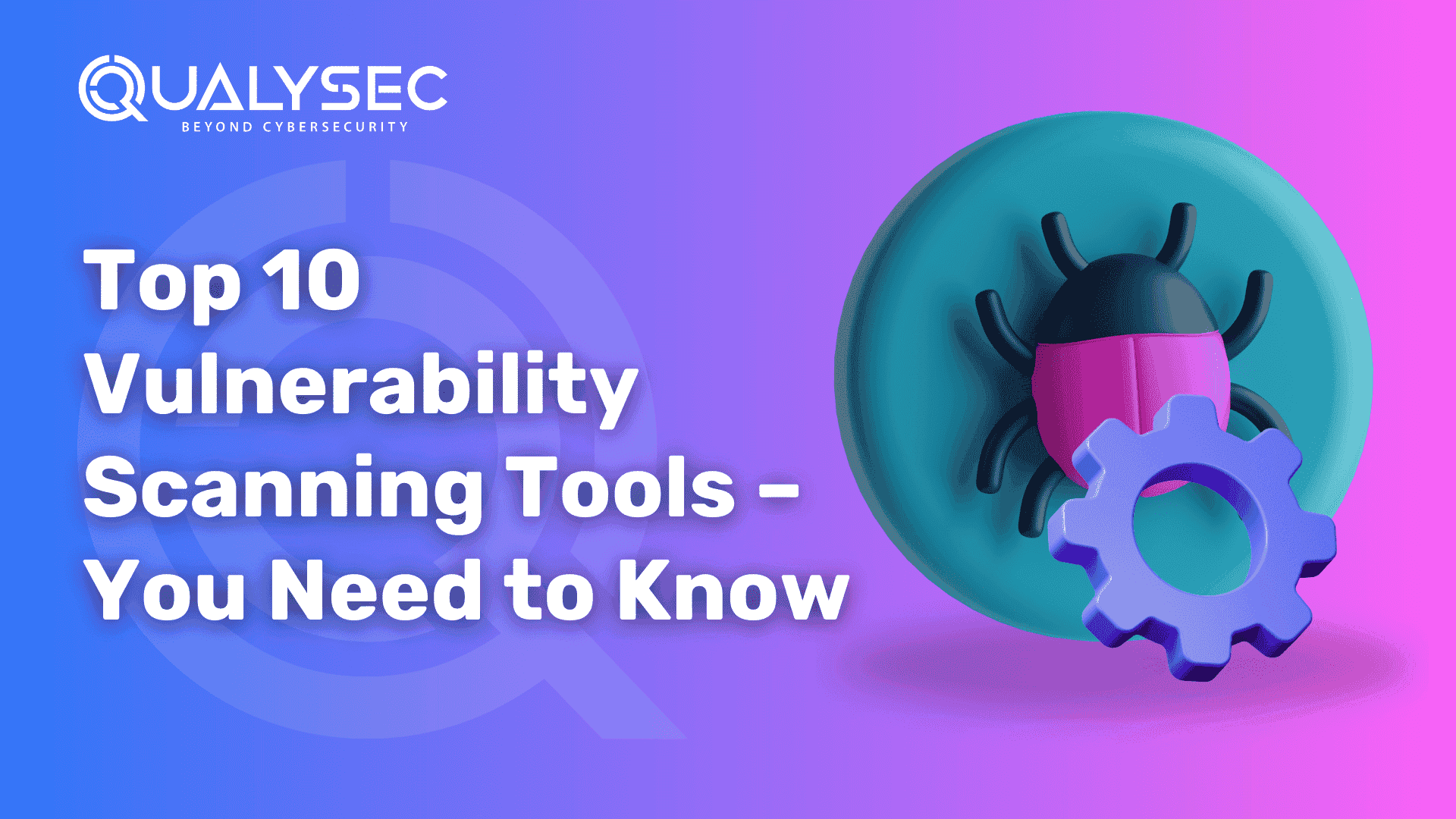



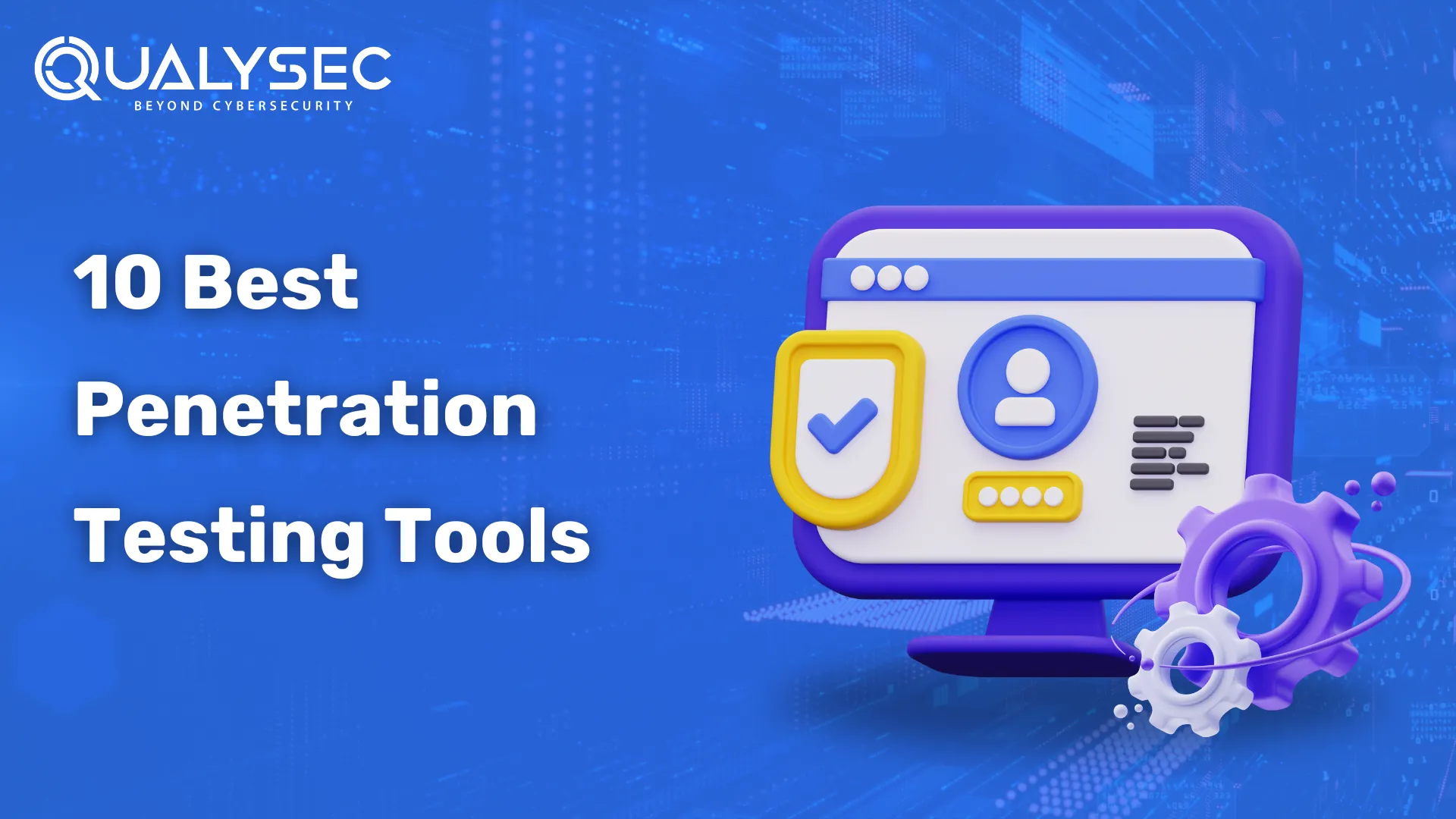









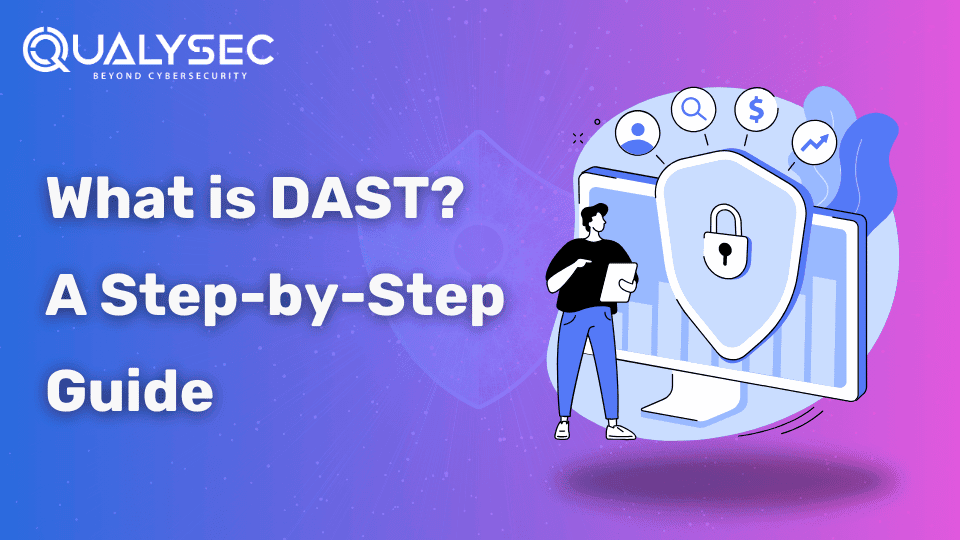


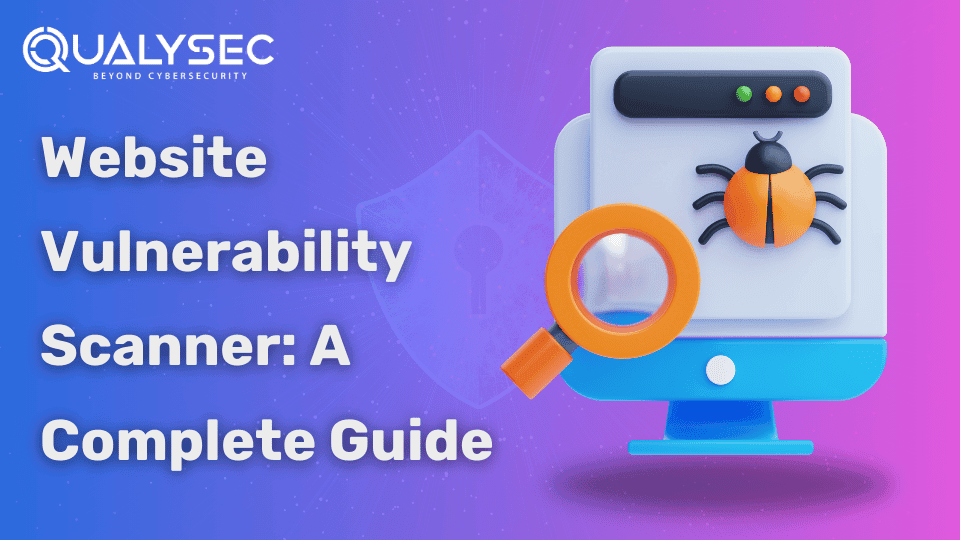

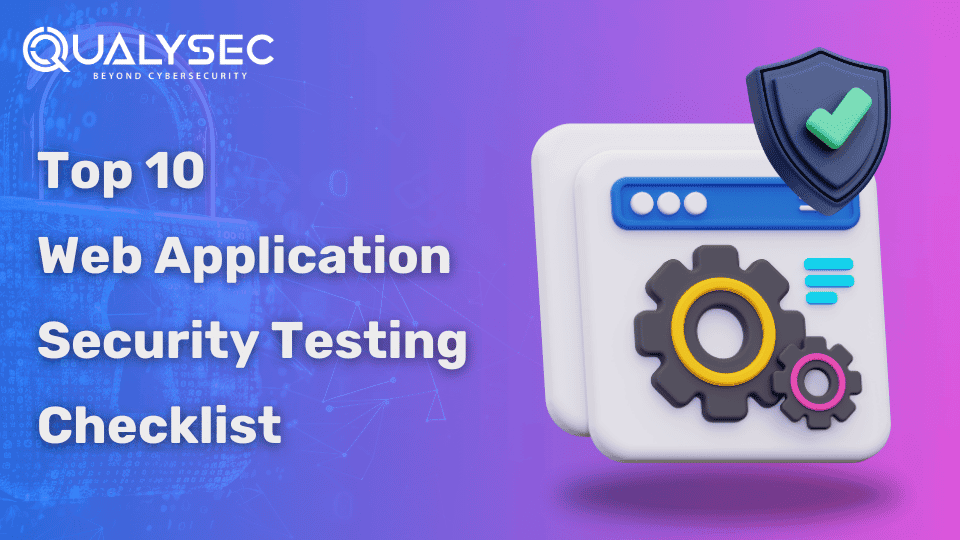
















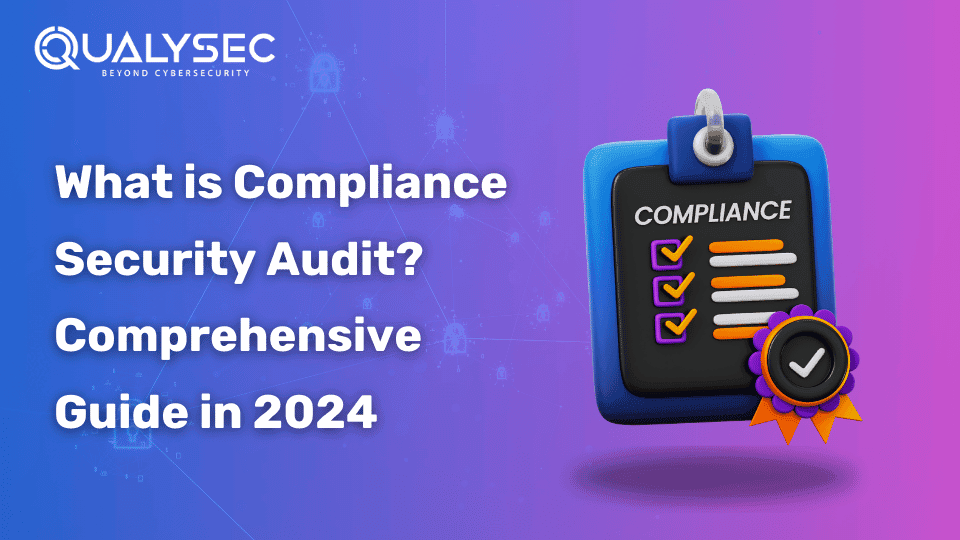


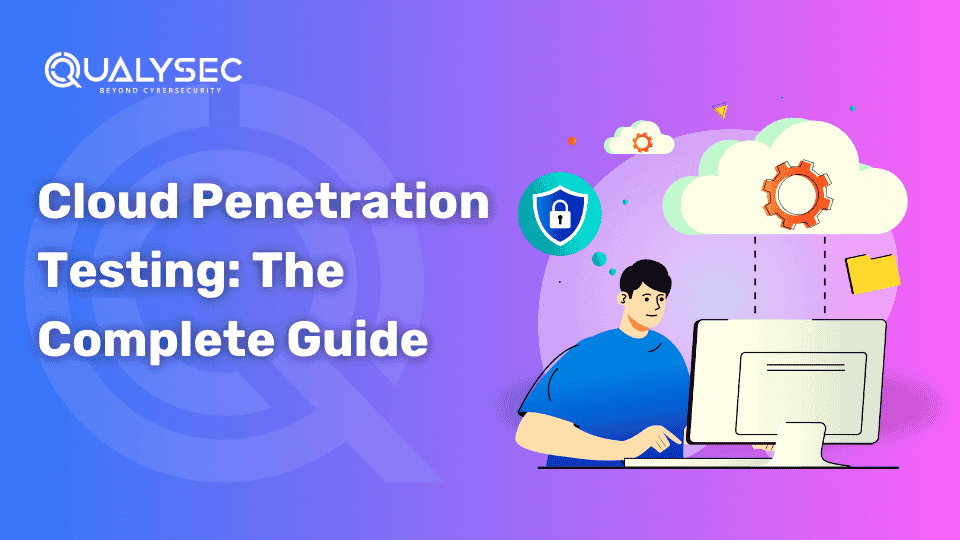




























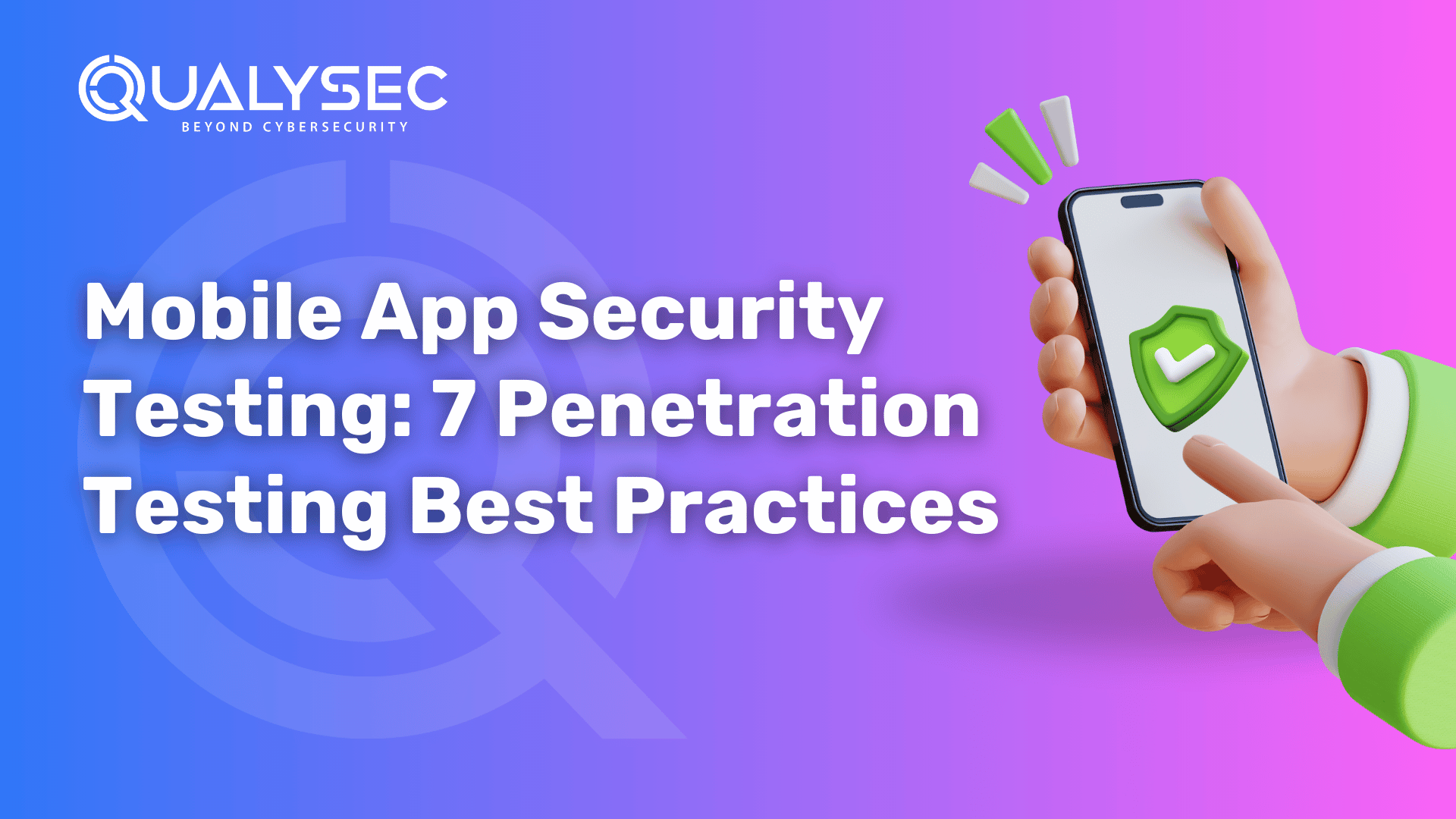

















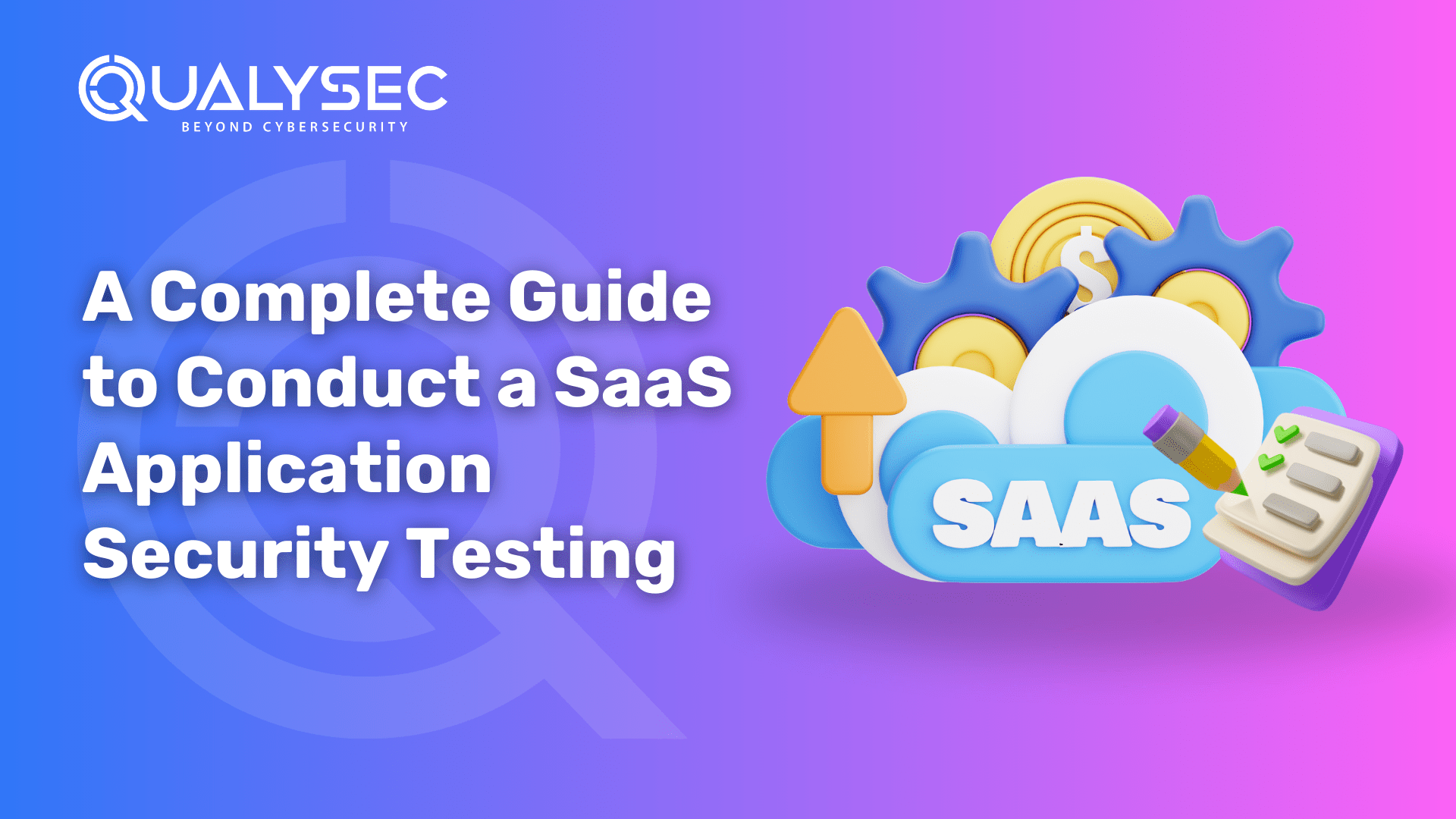





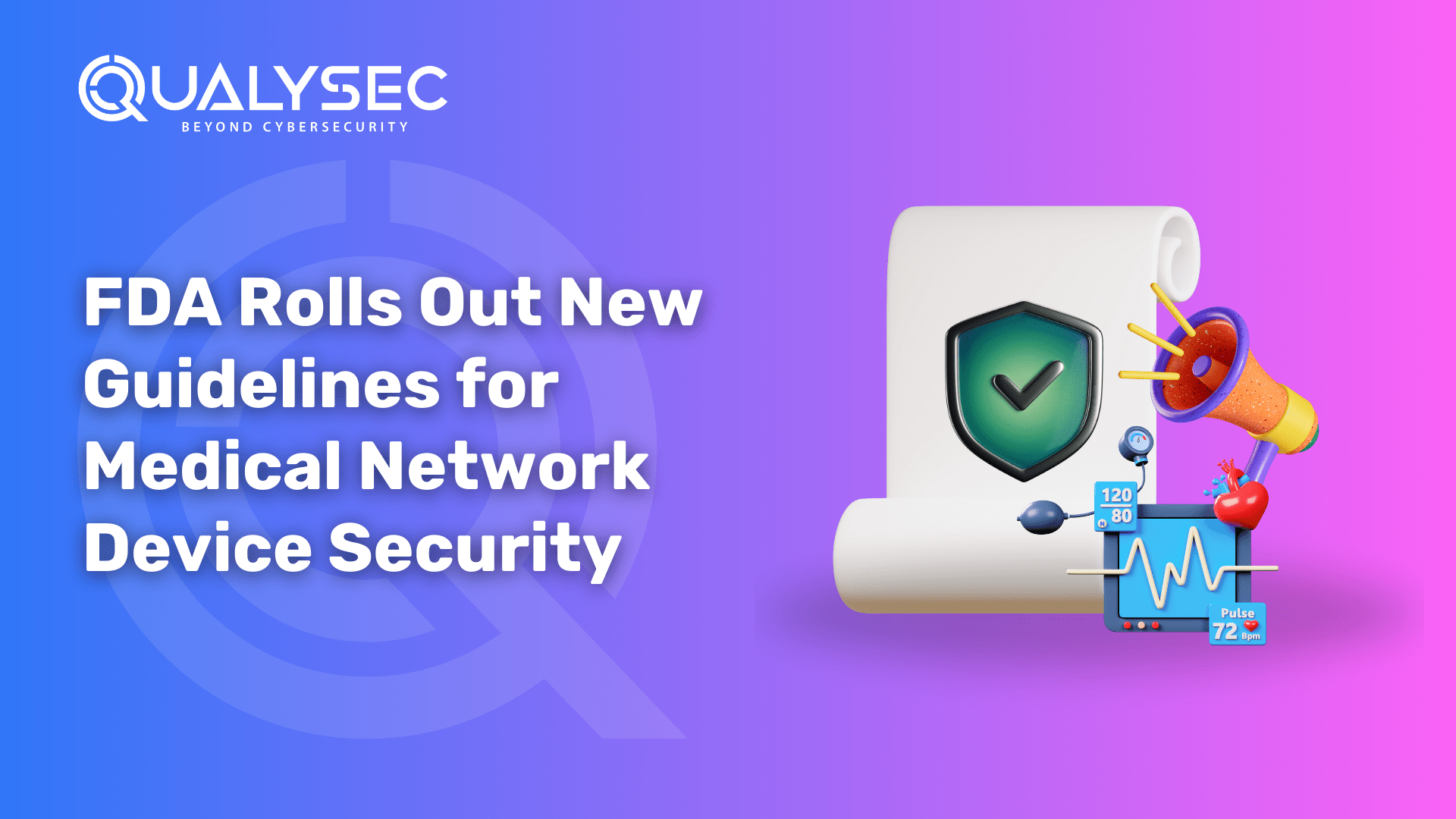
















































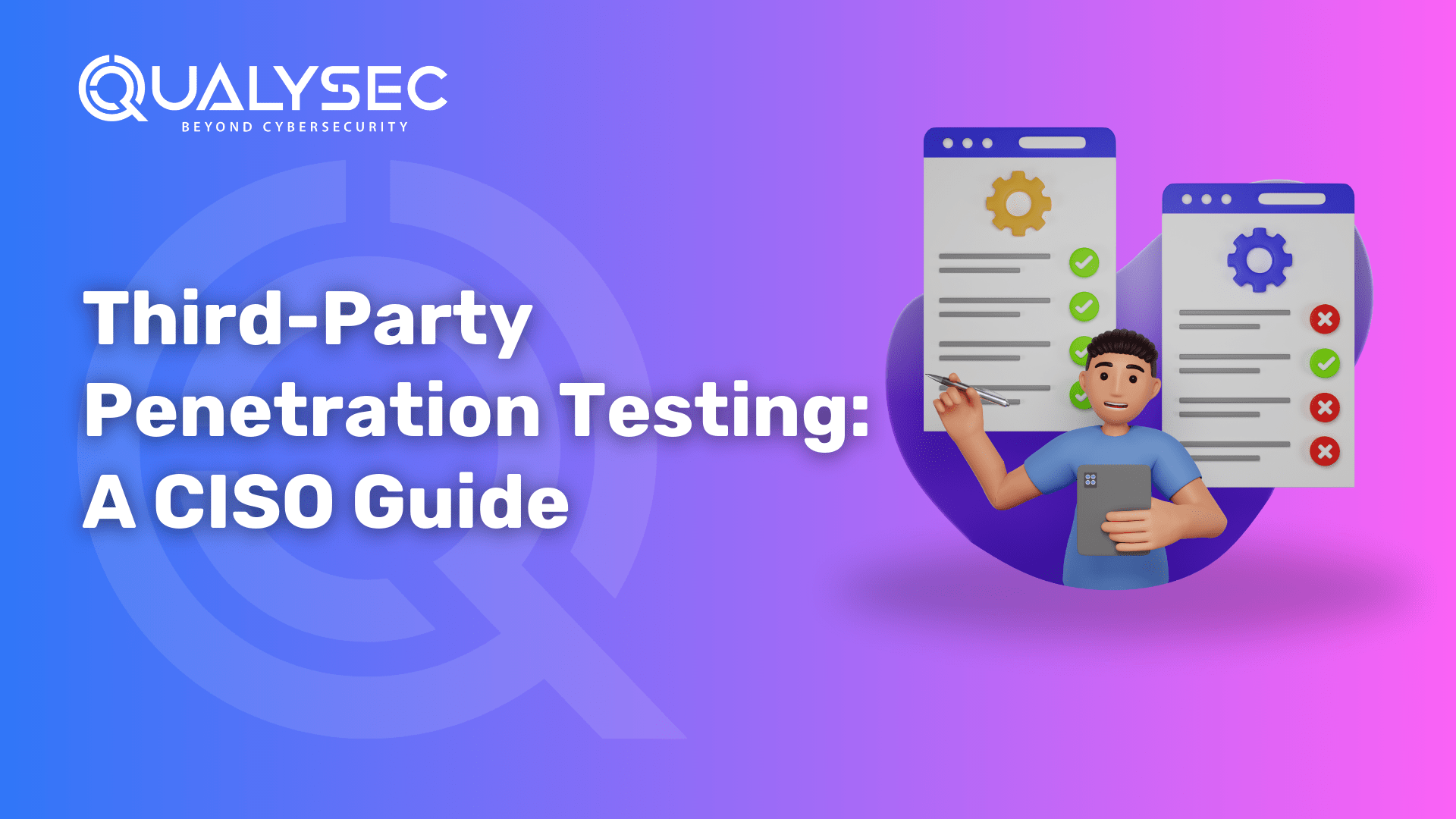













































































































































0 Comments